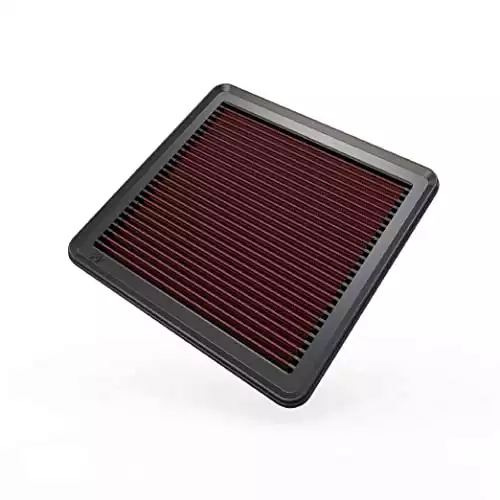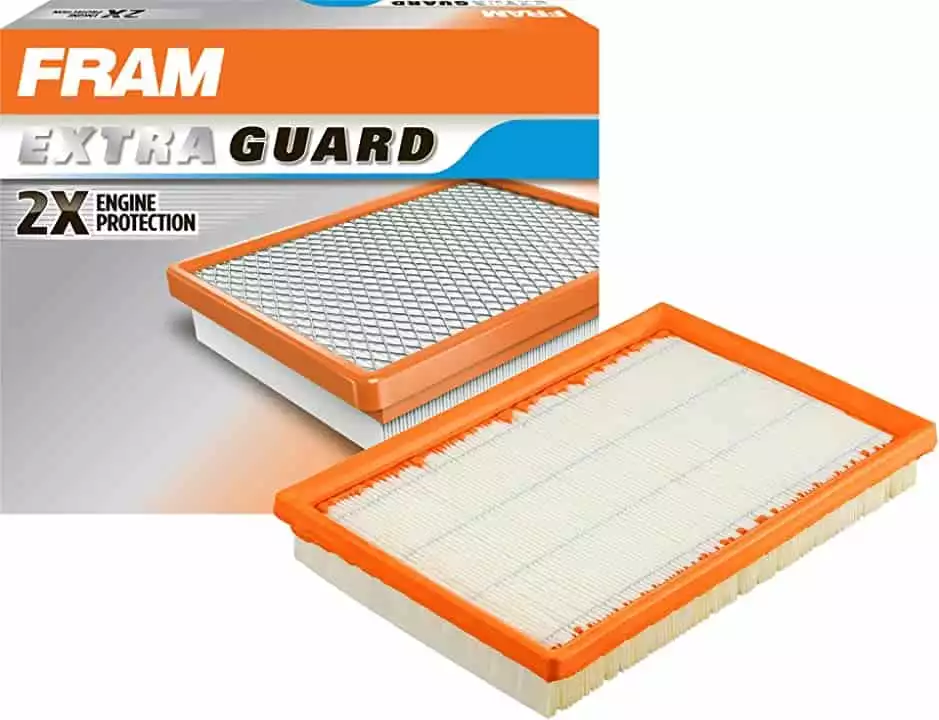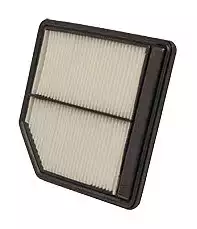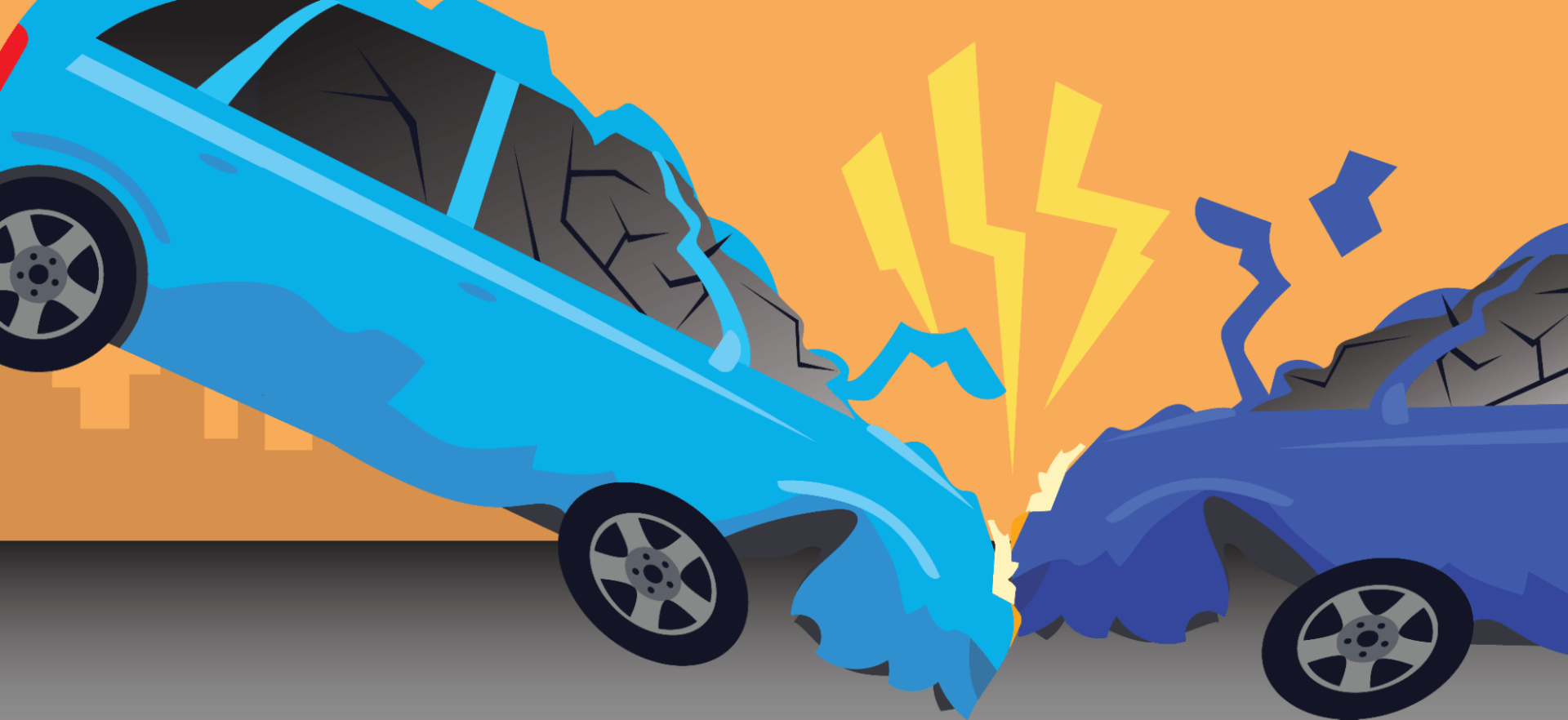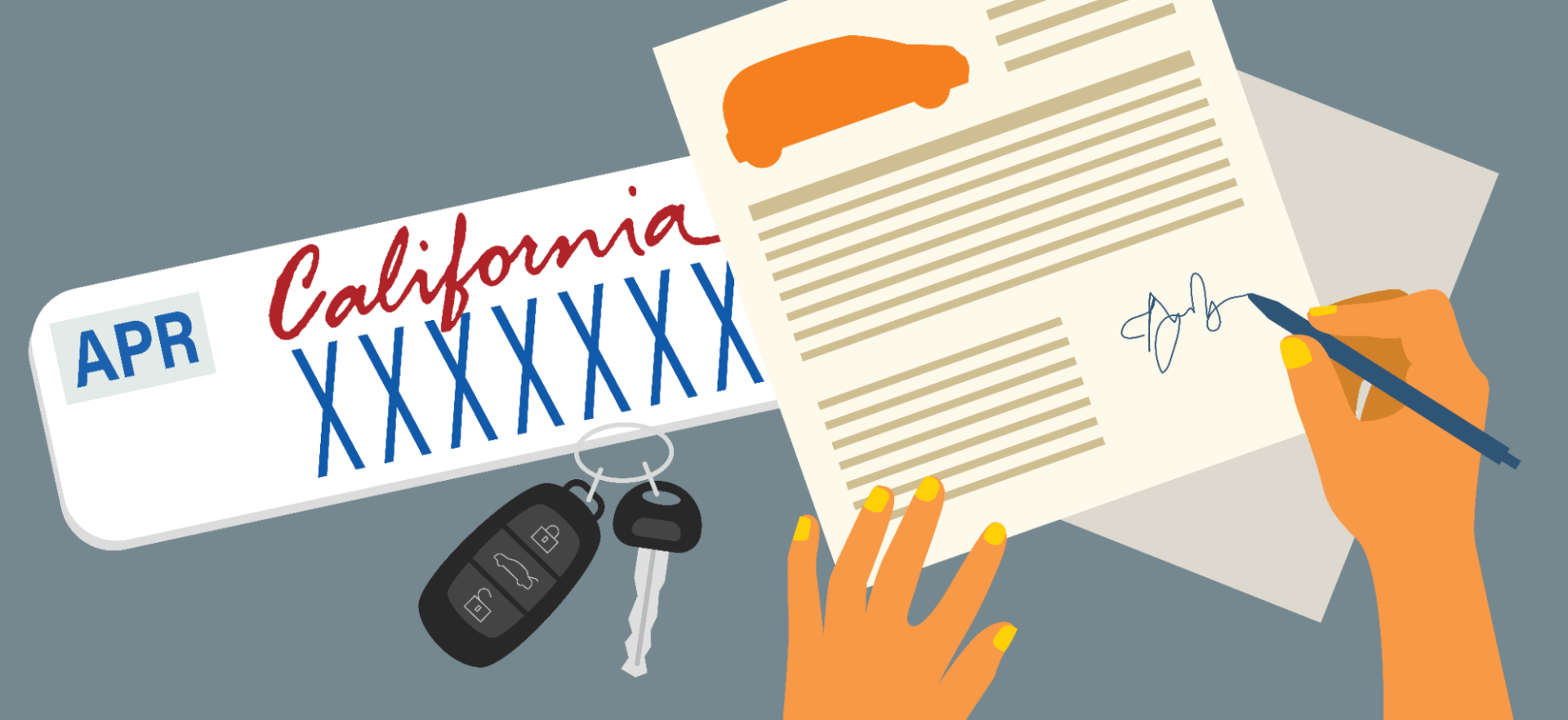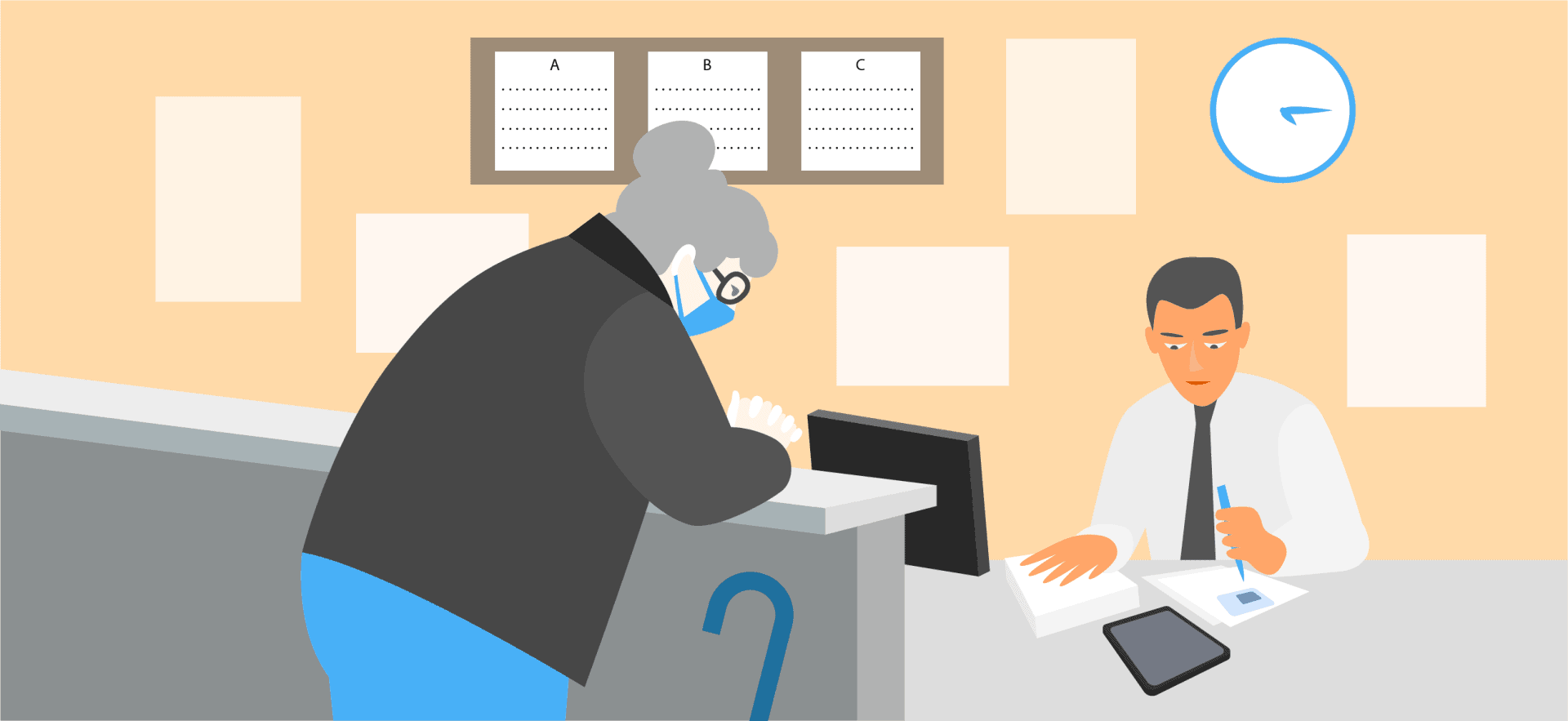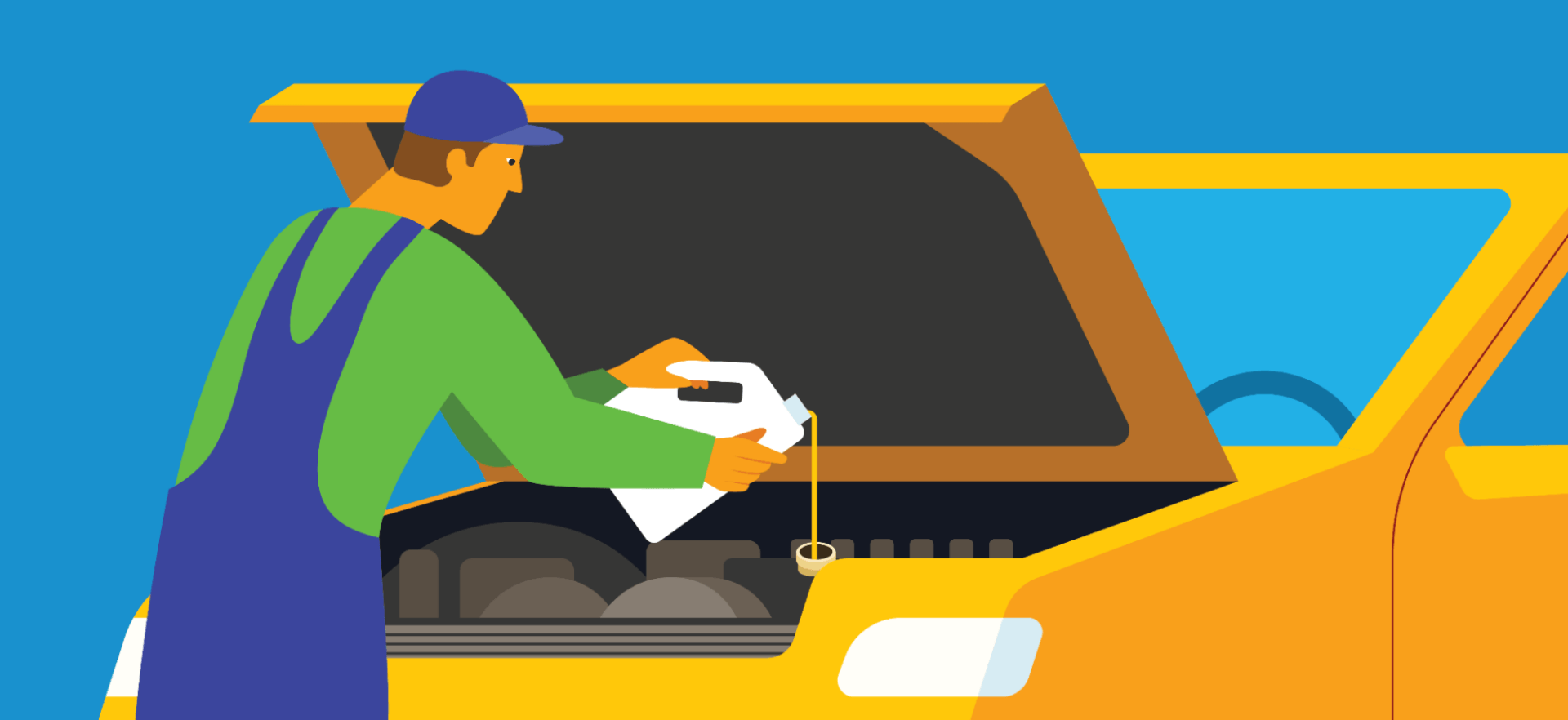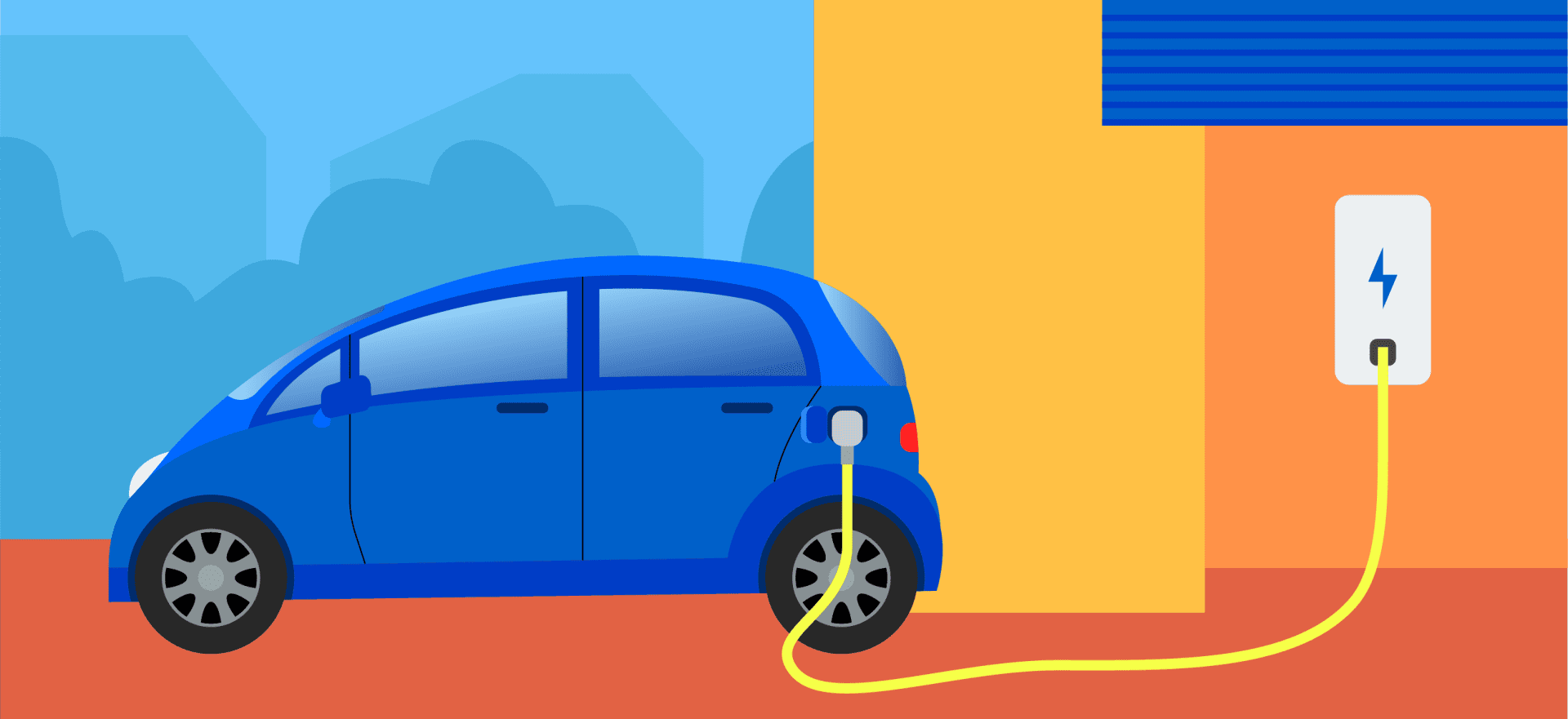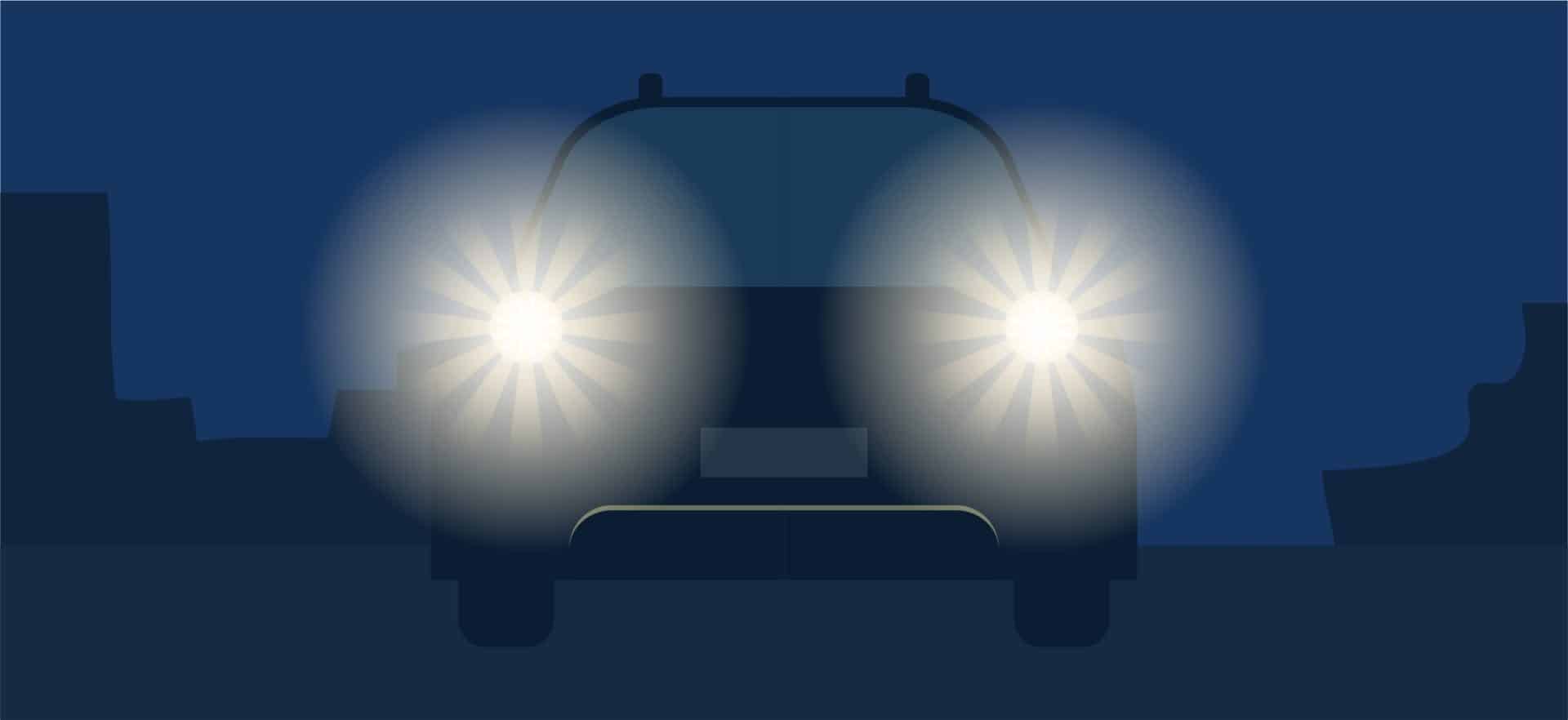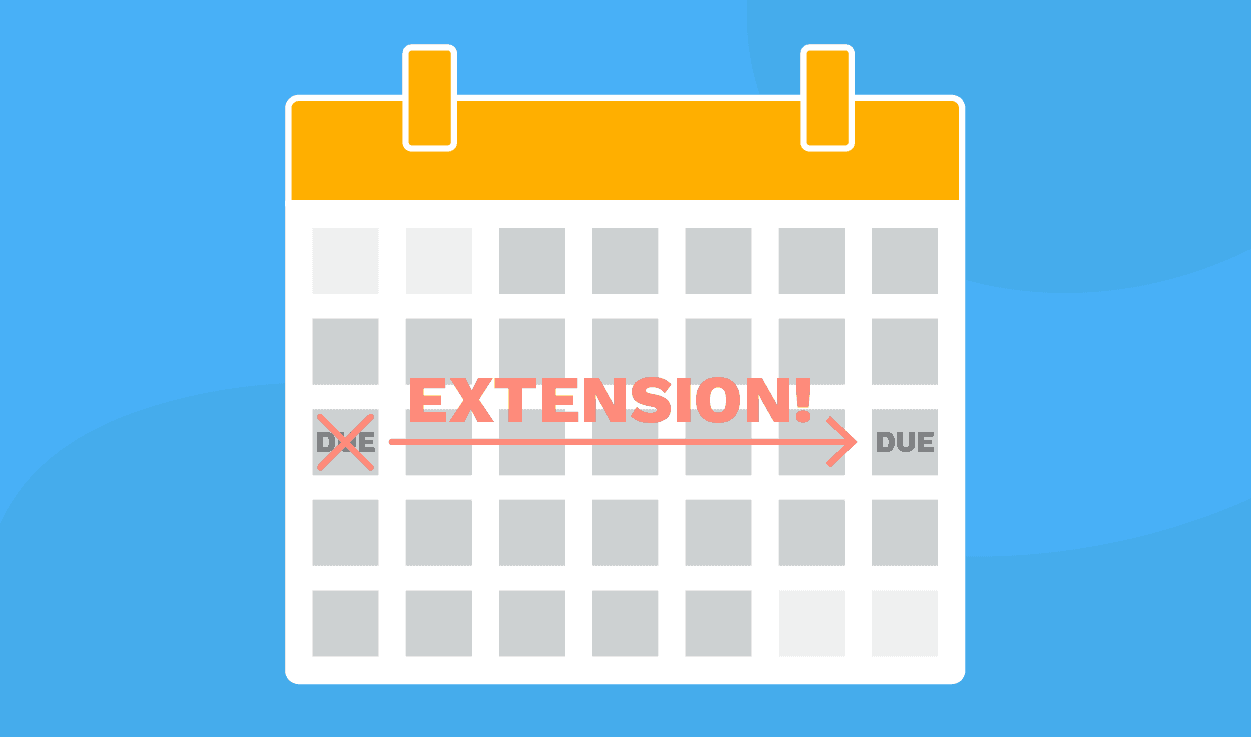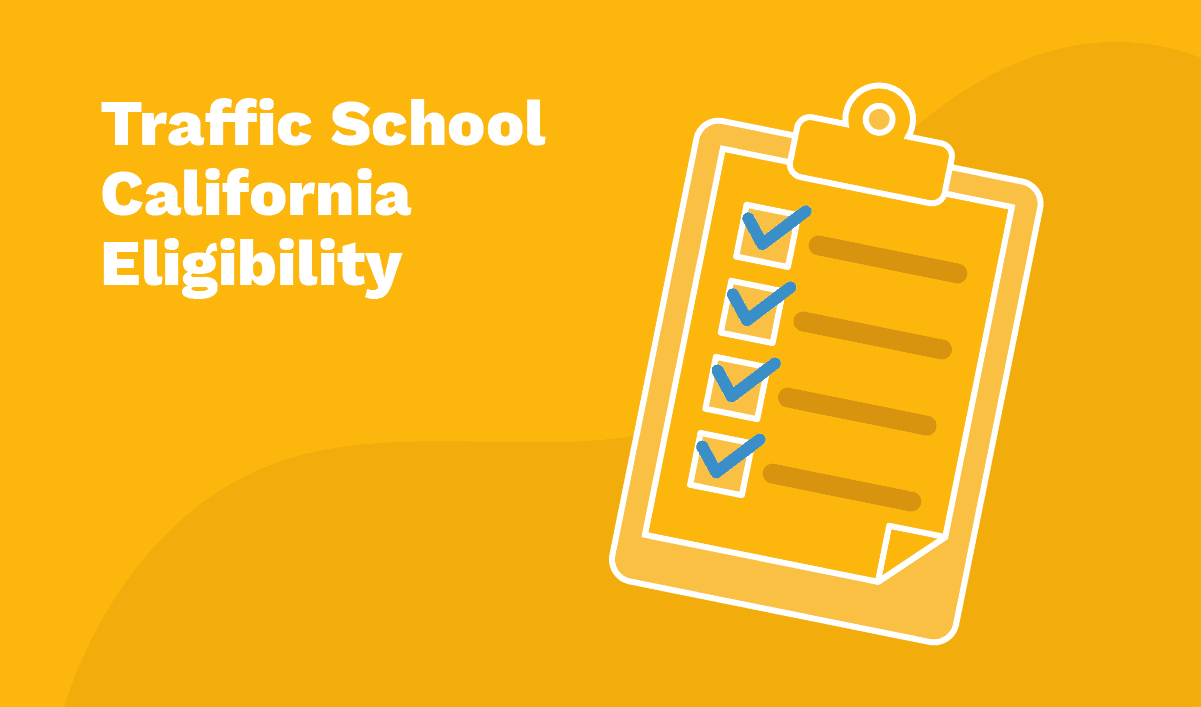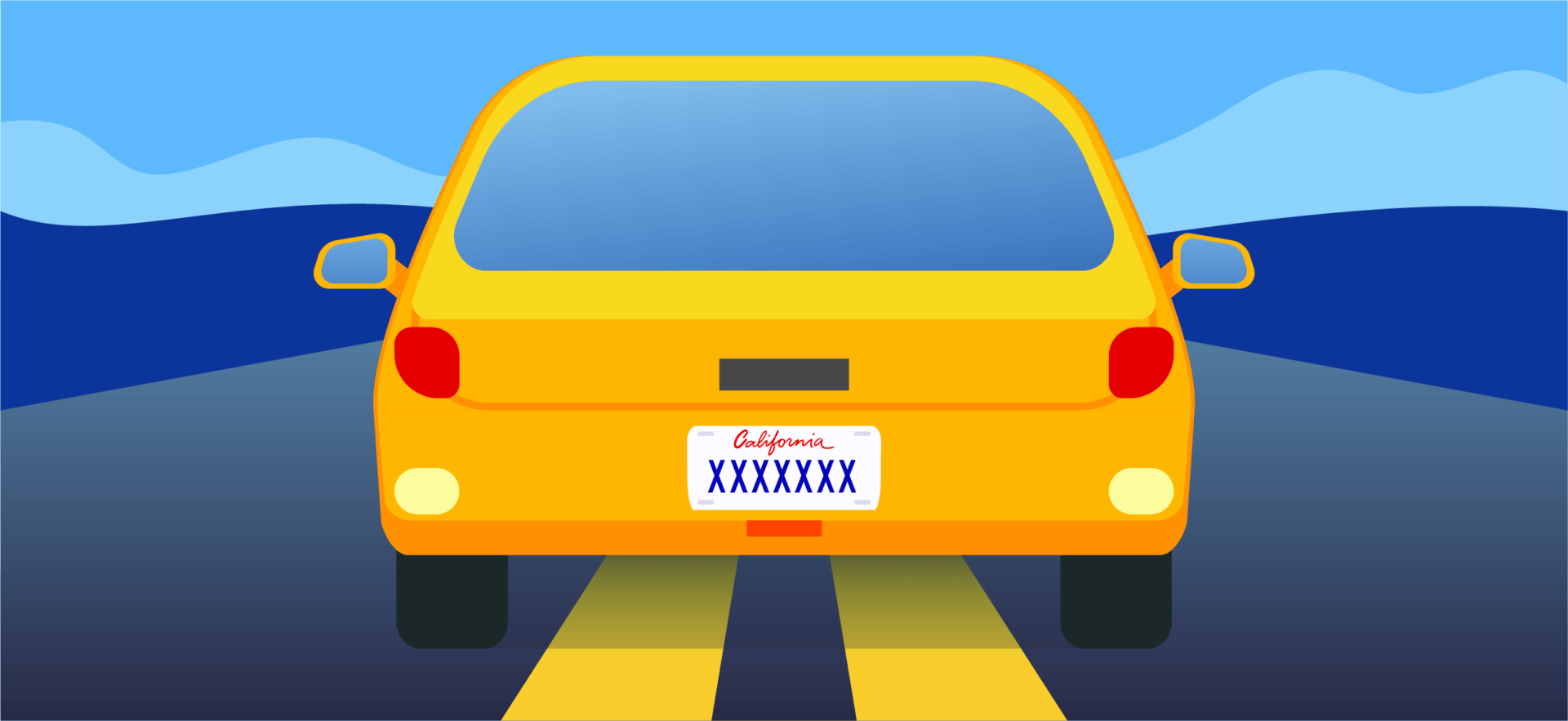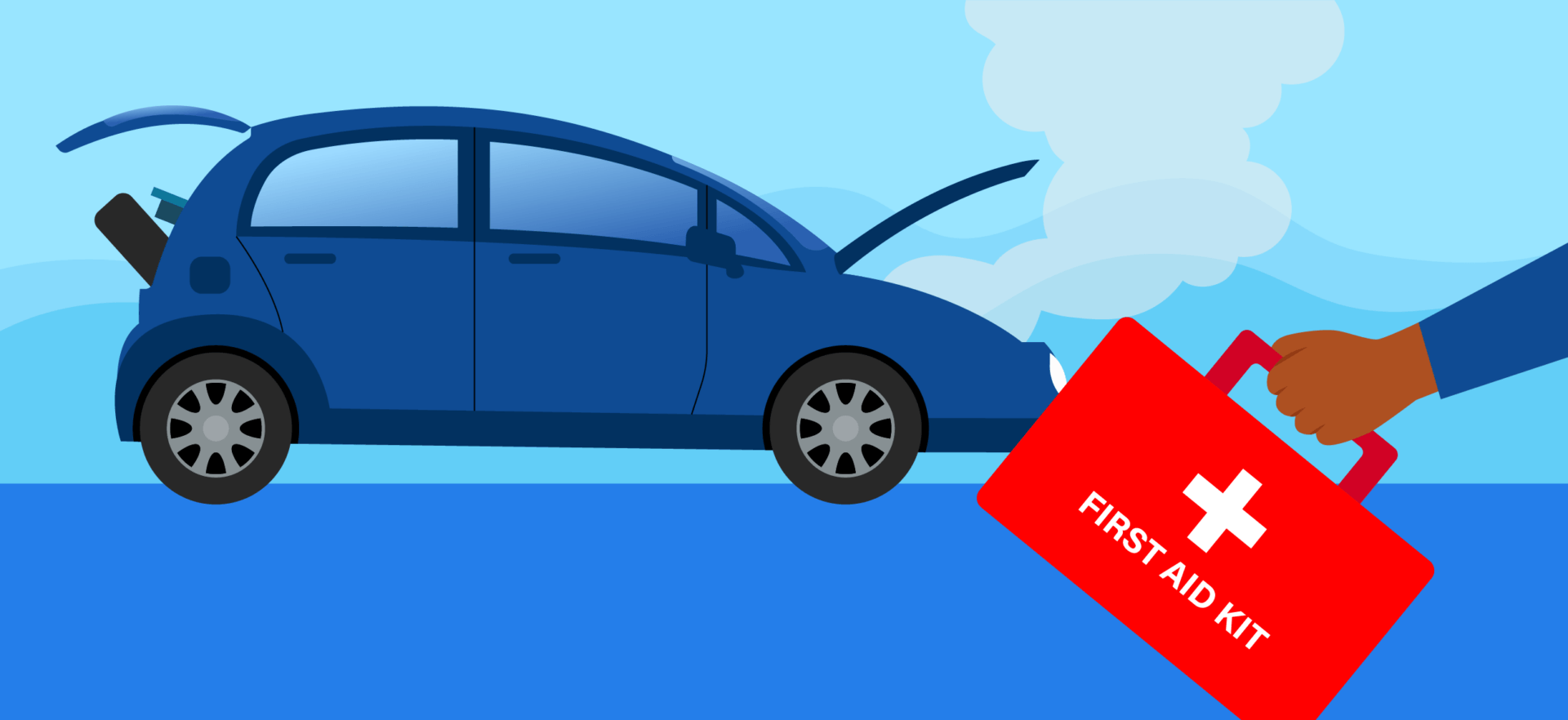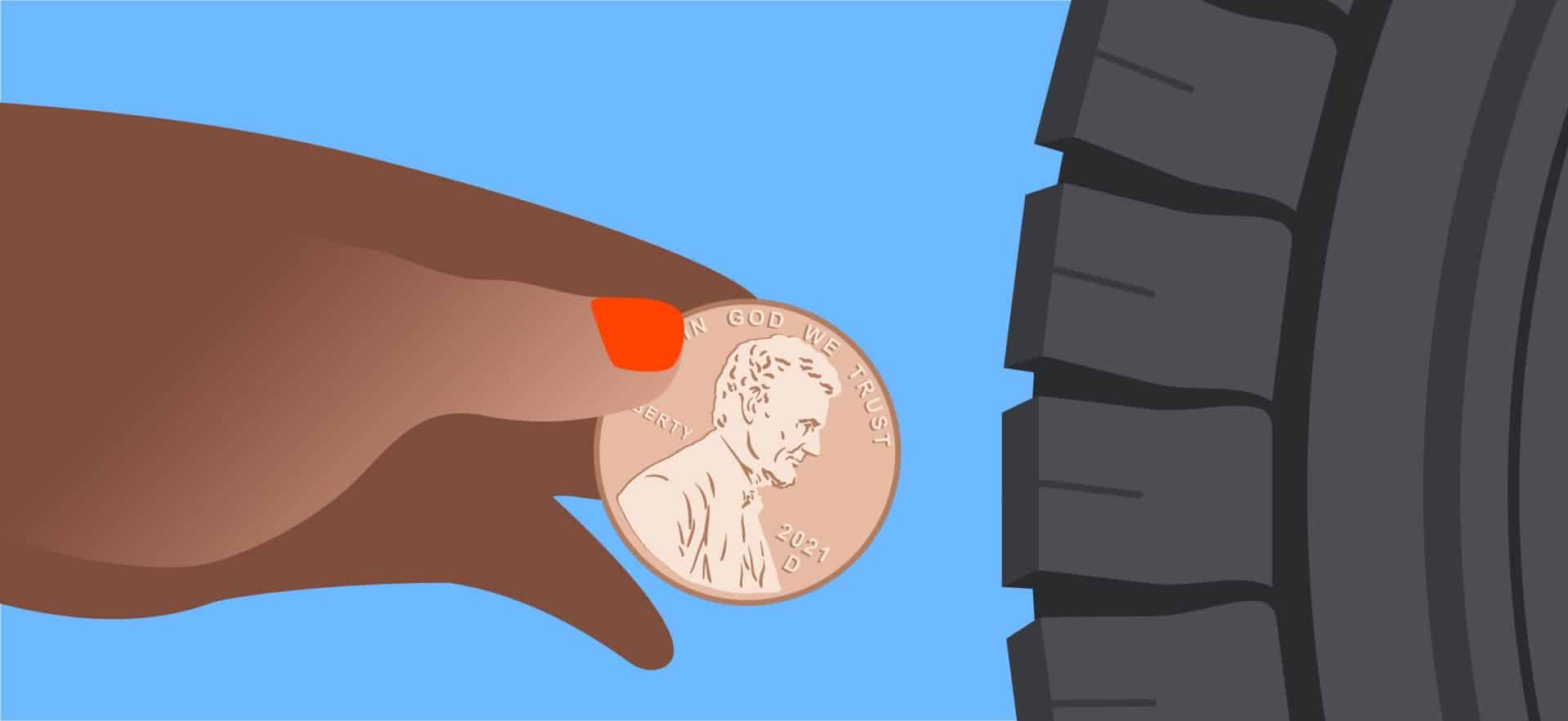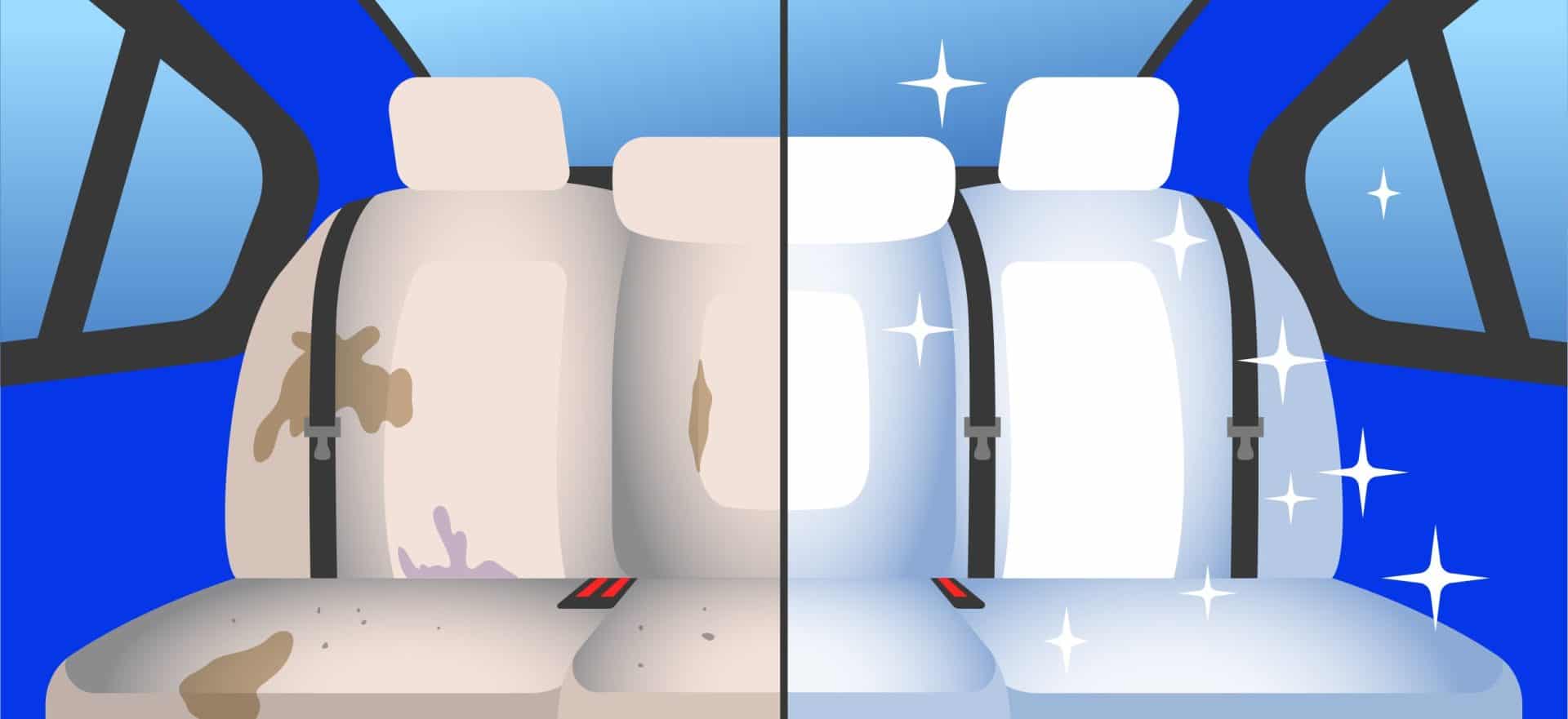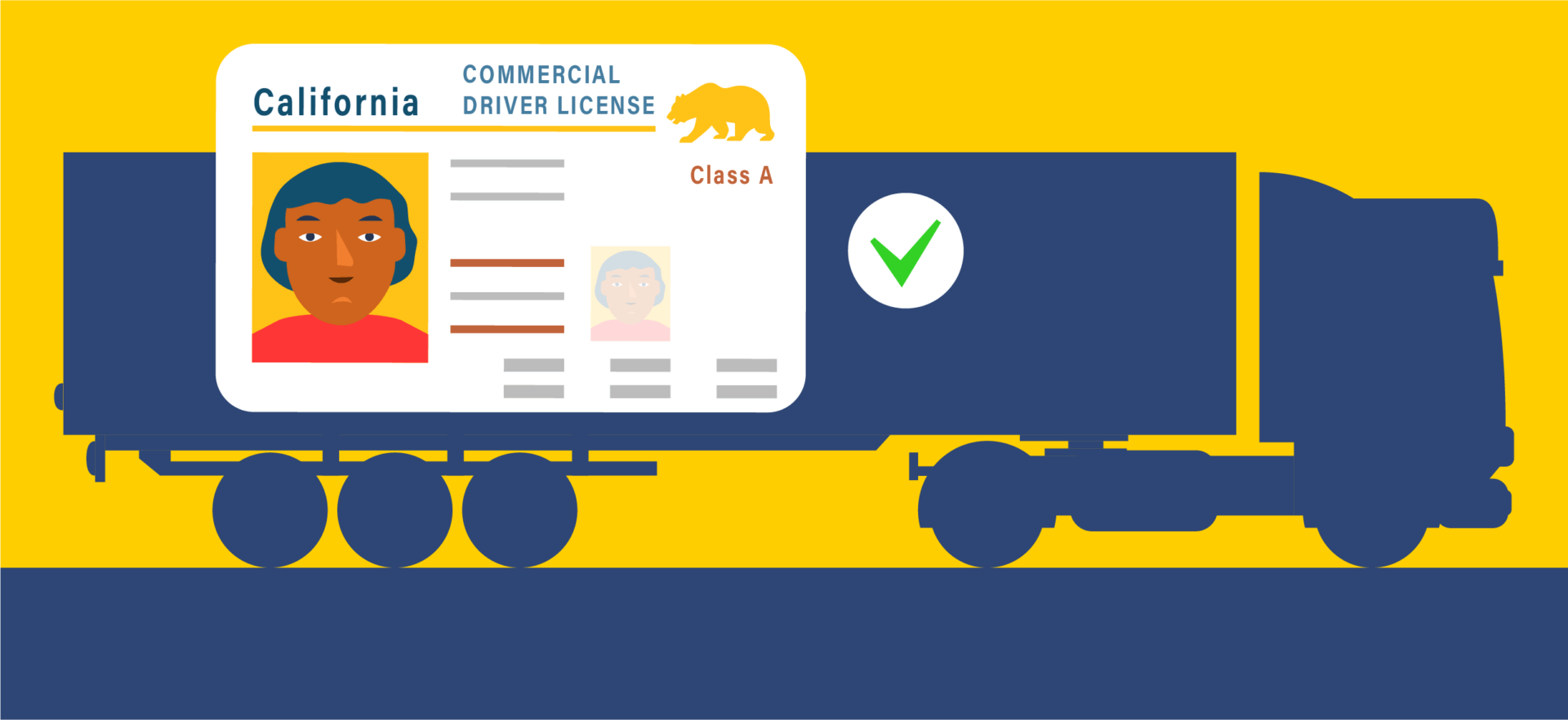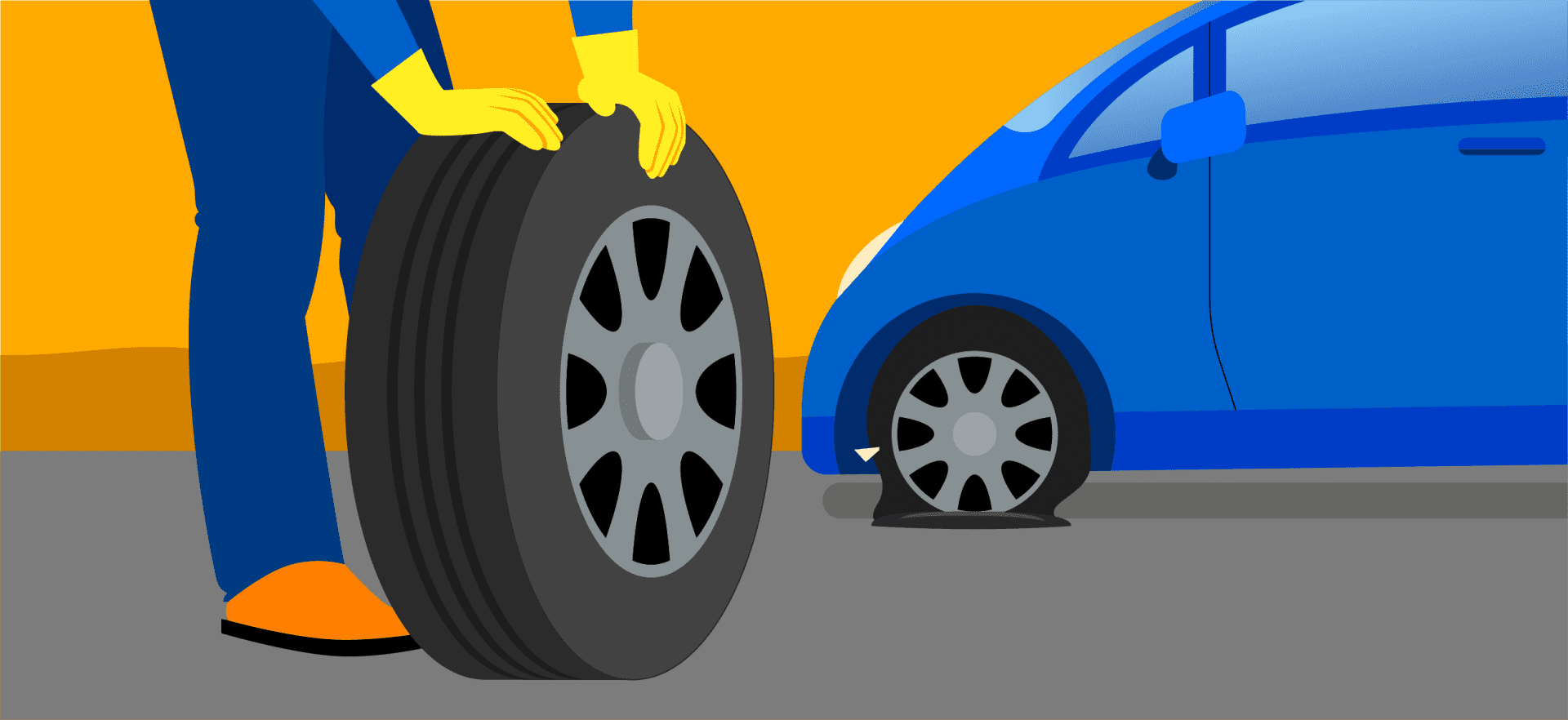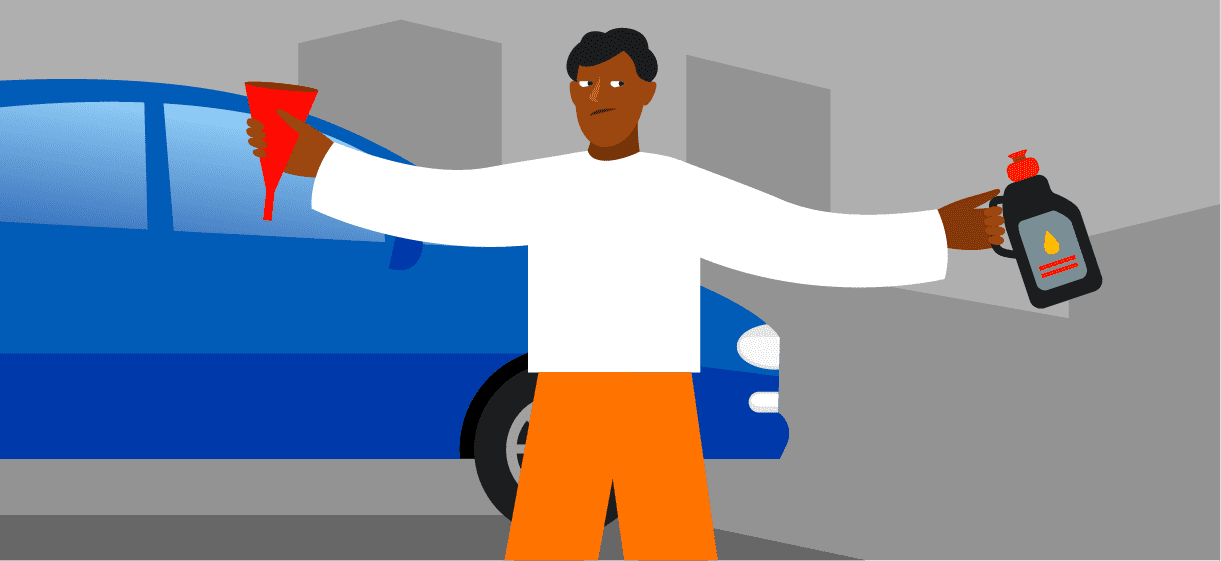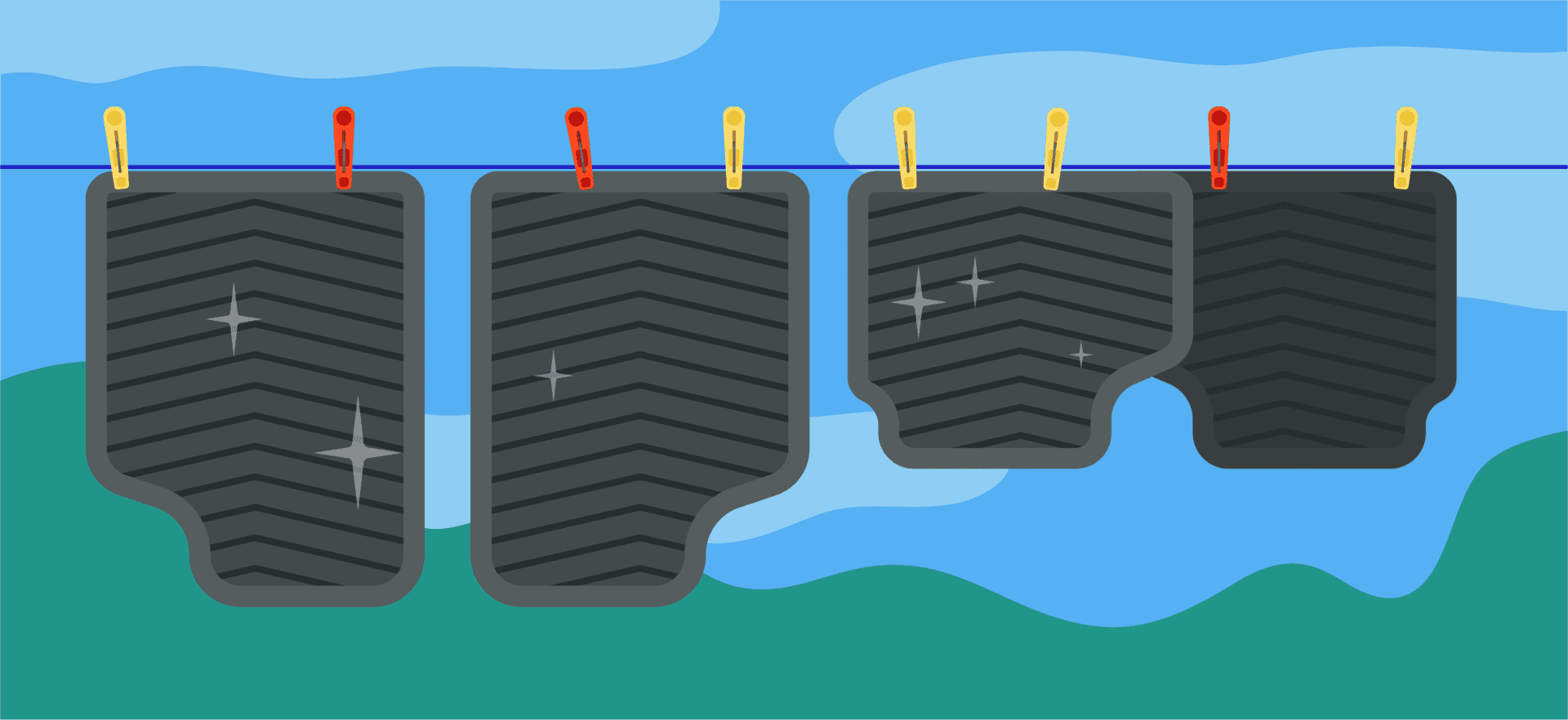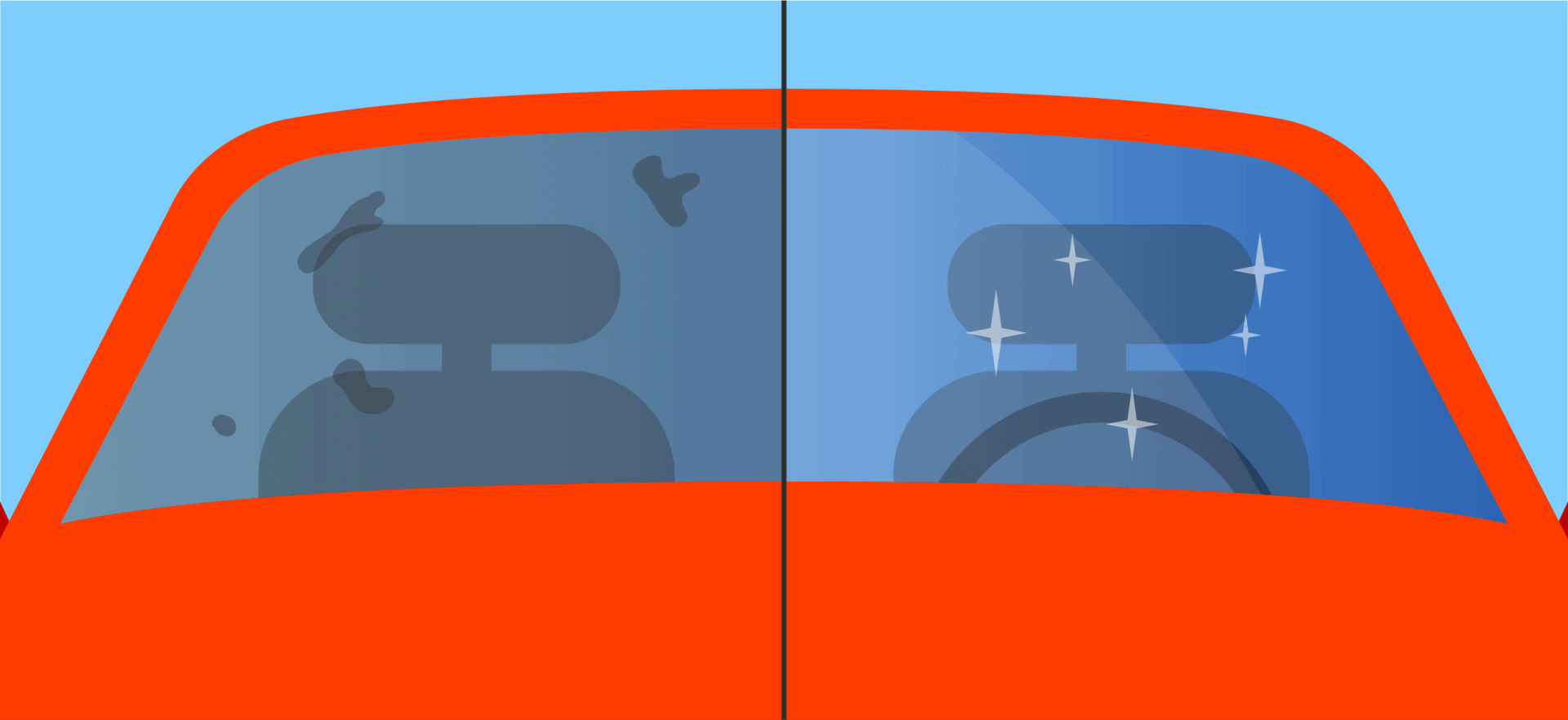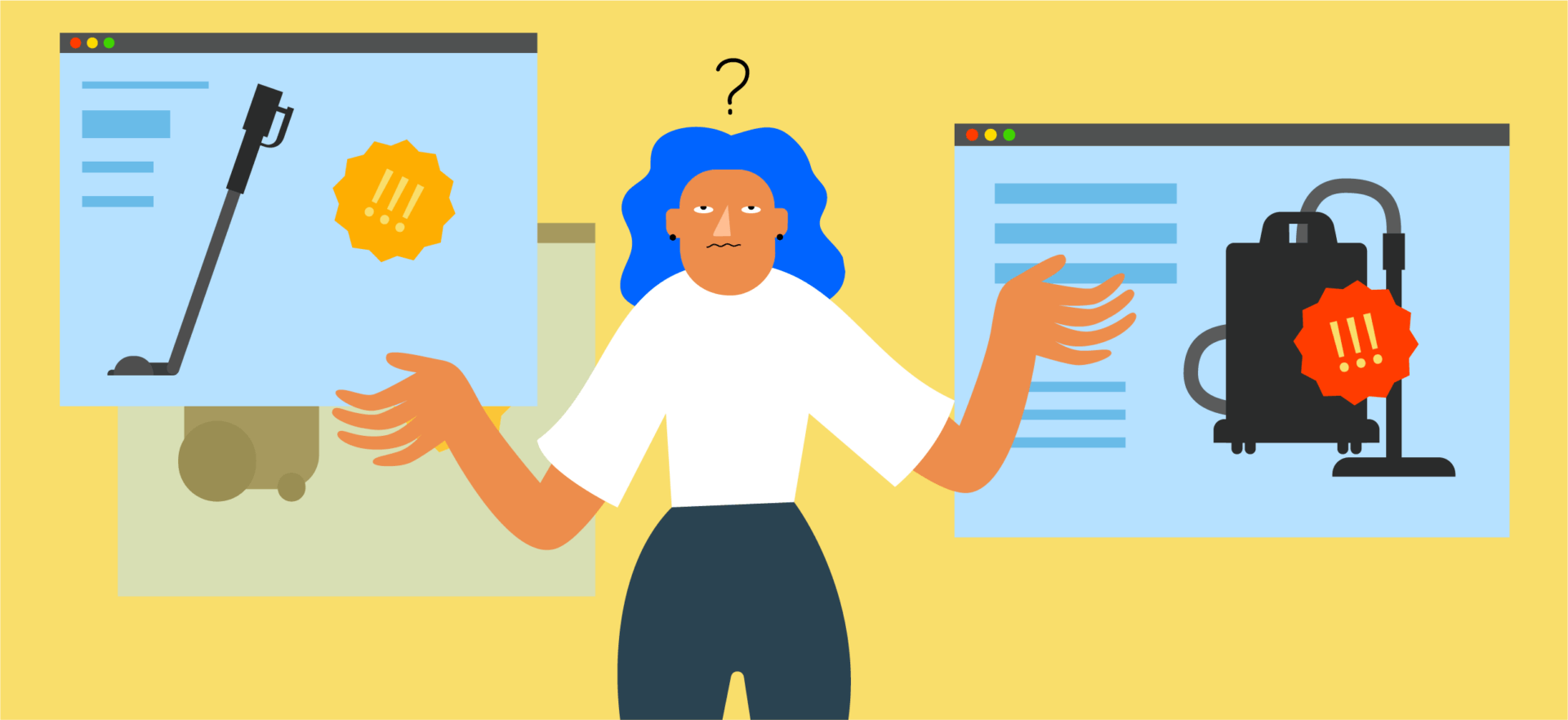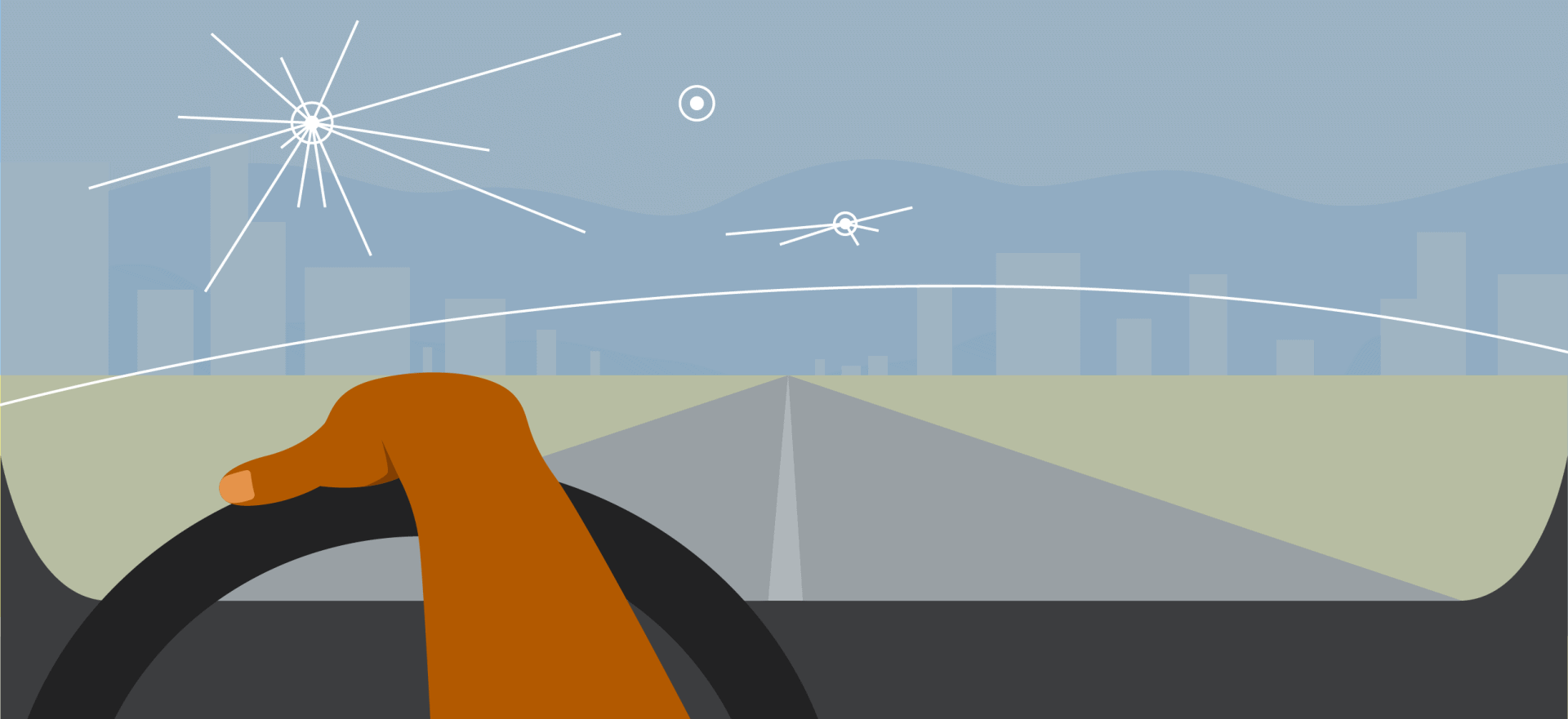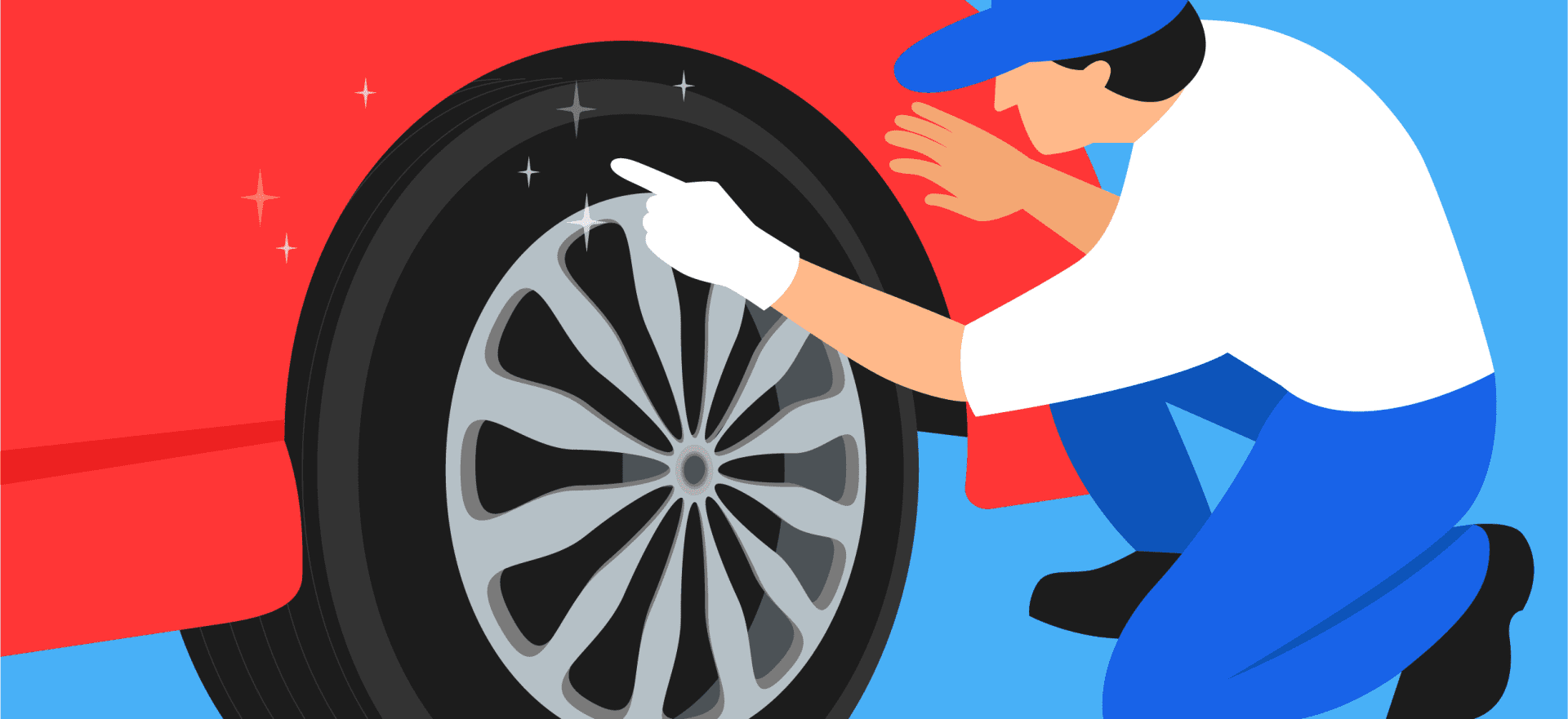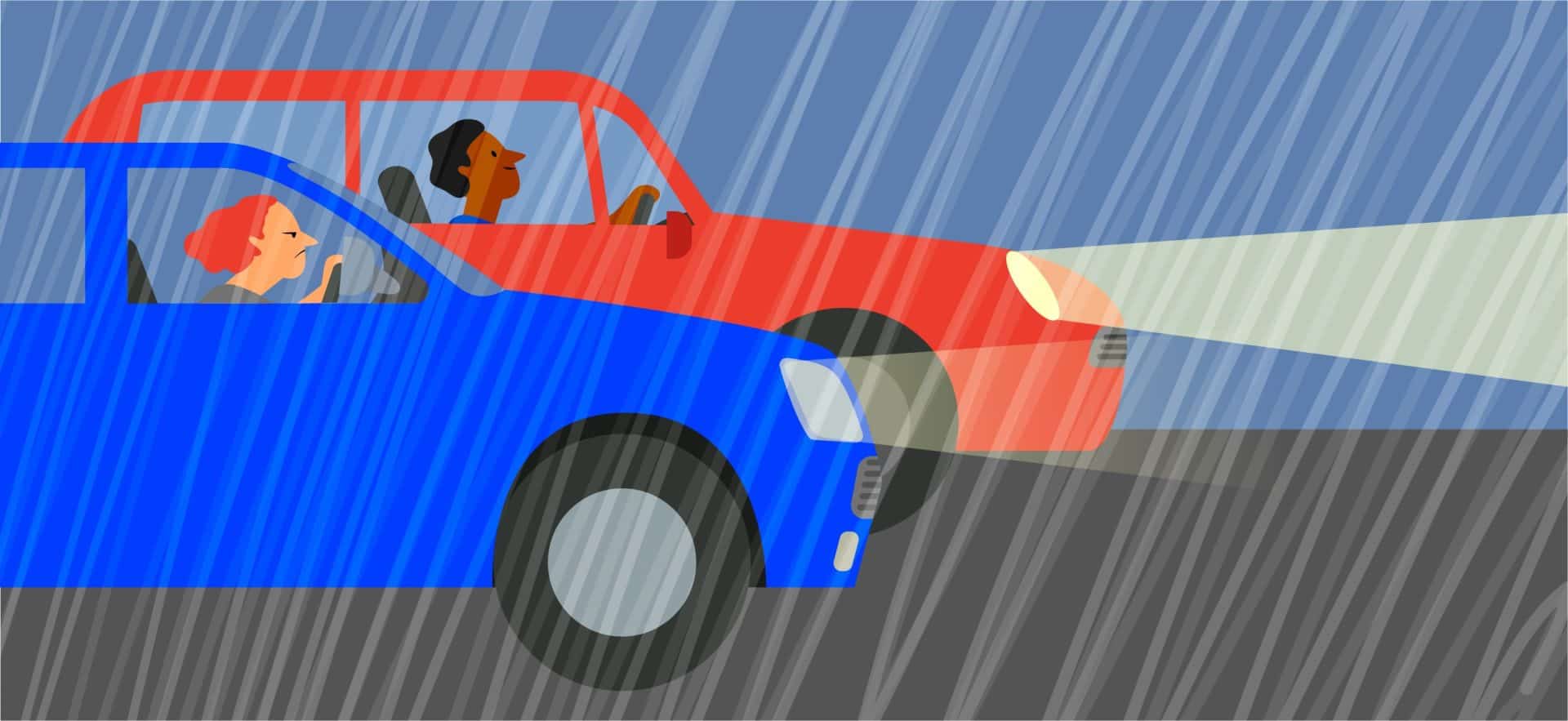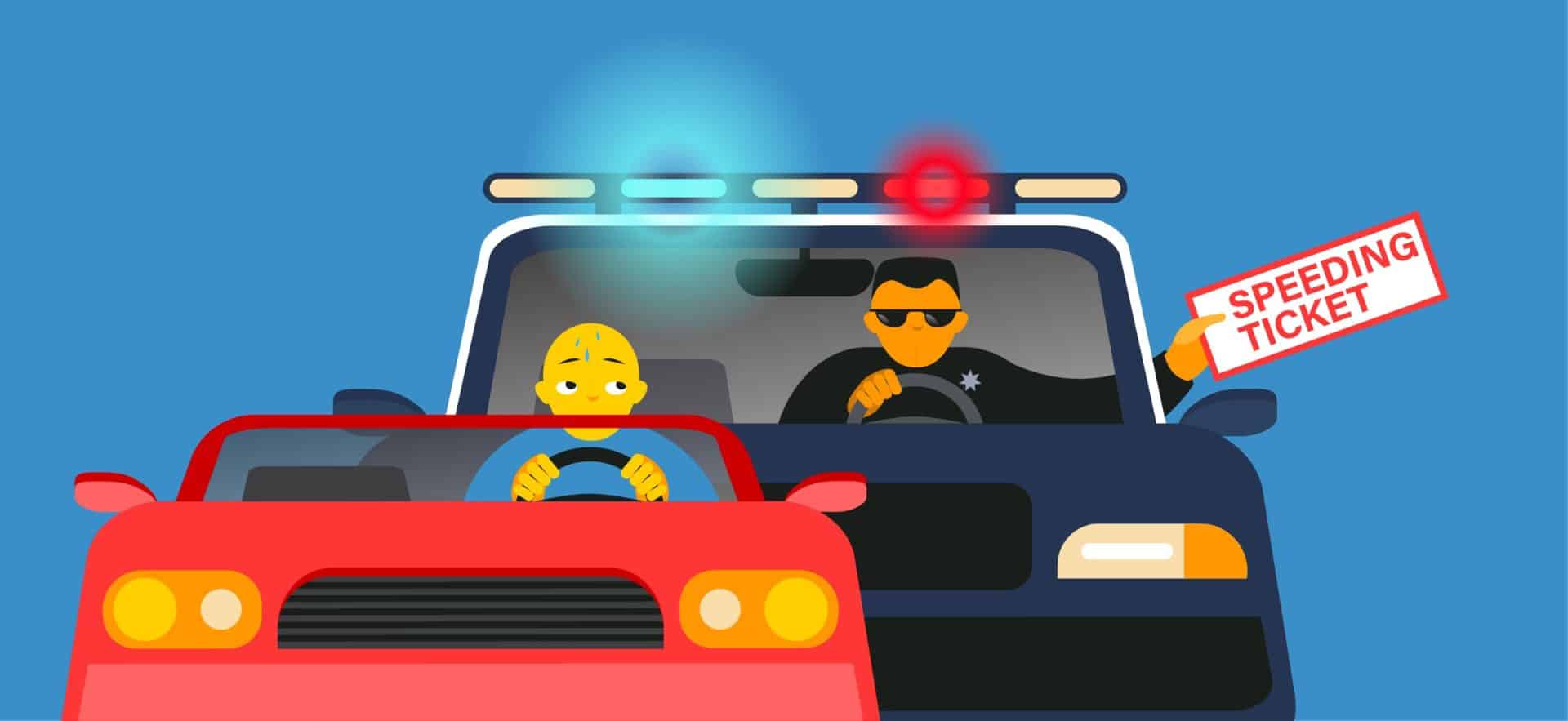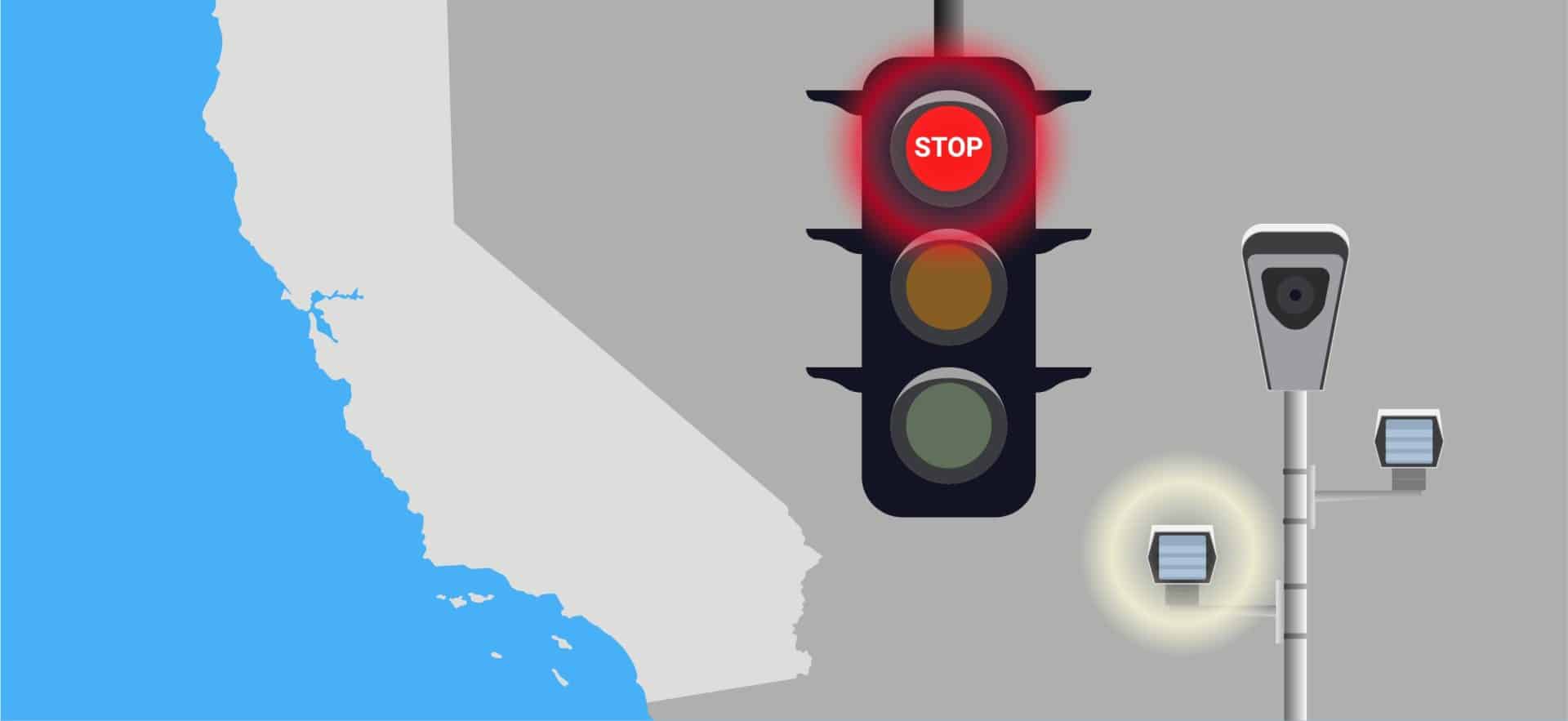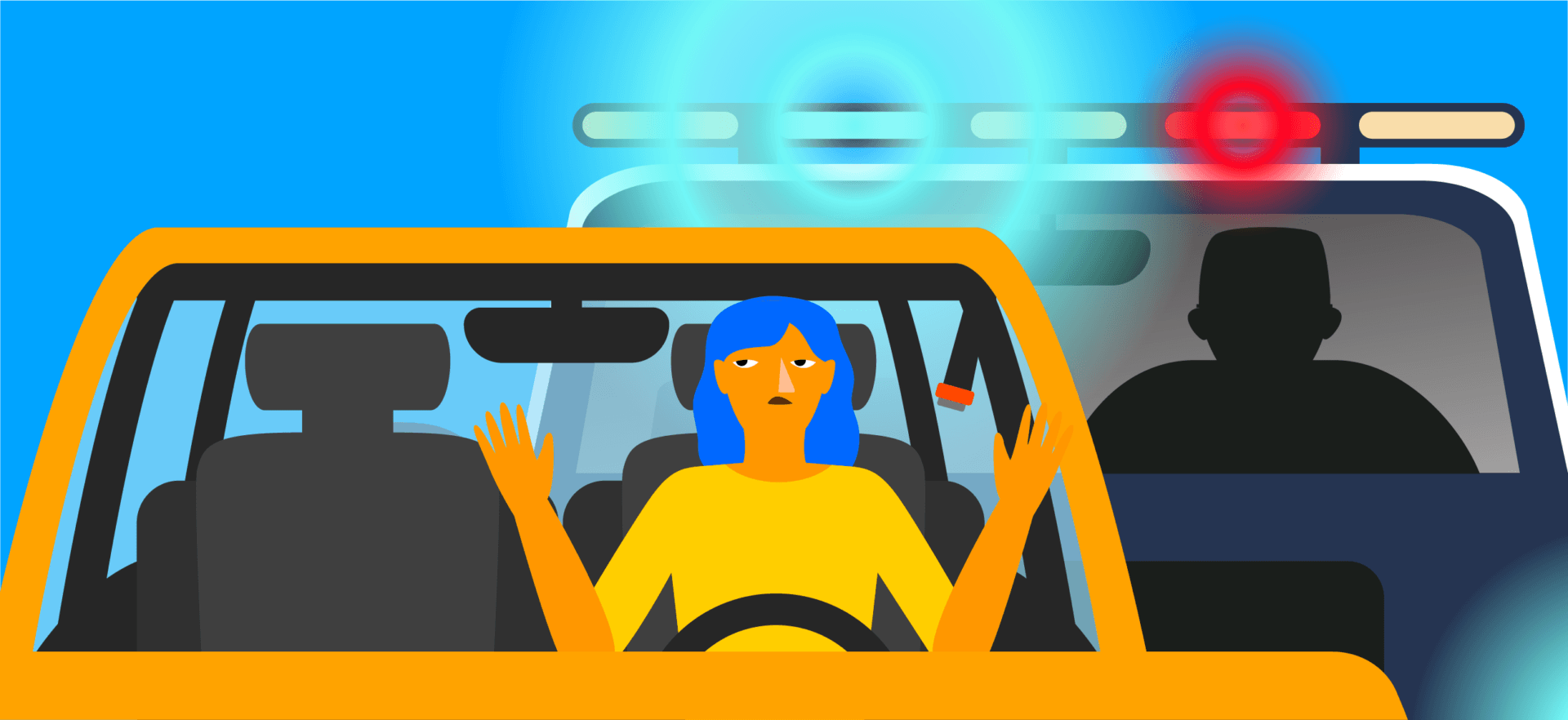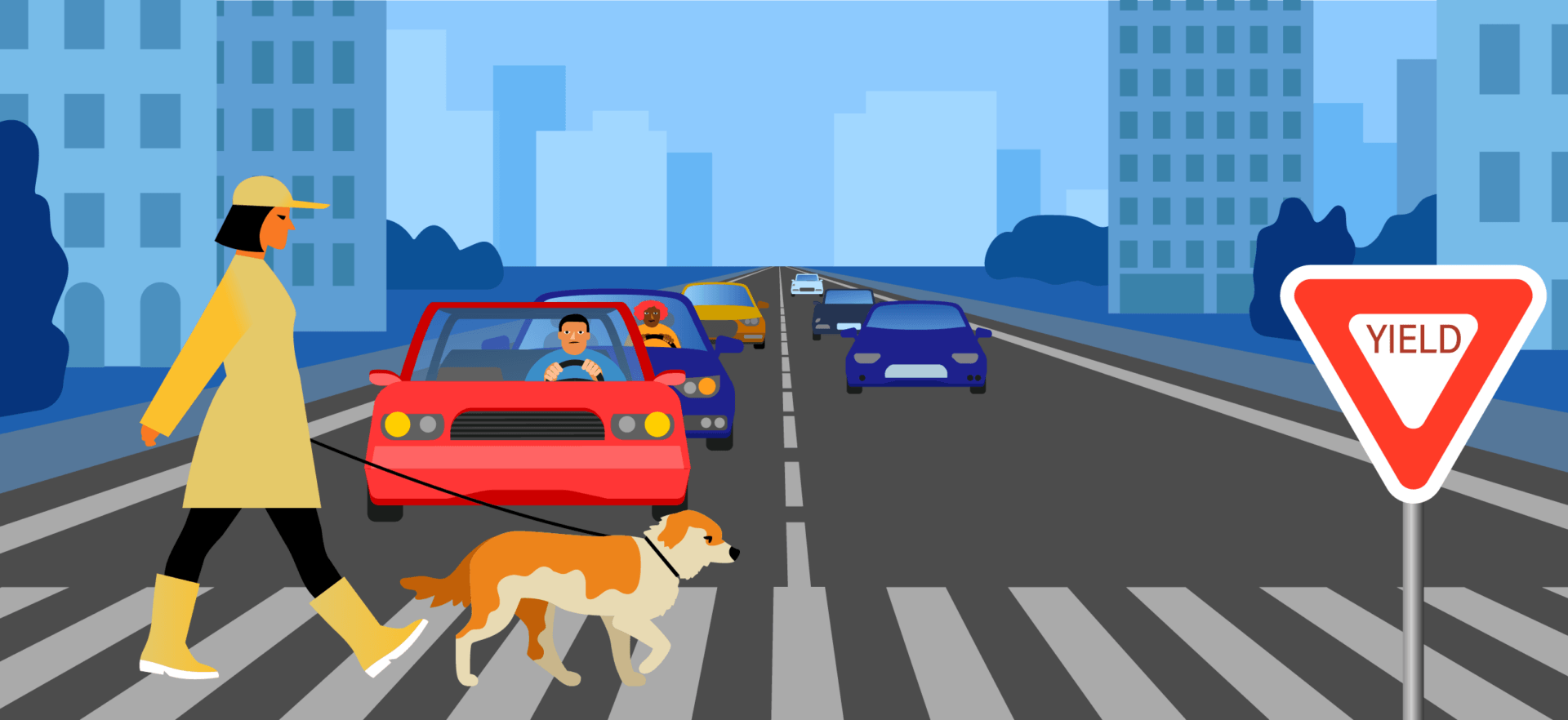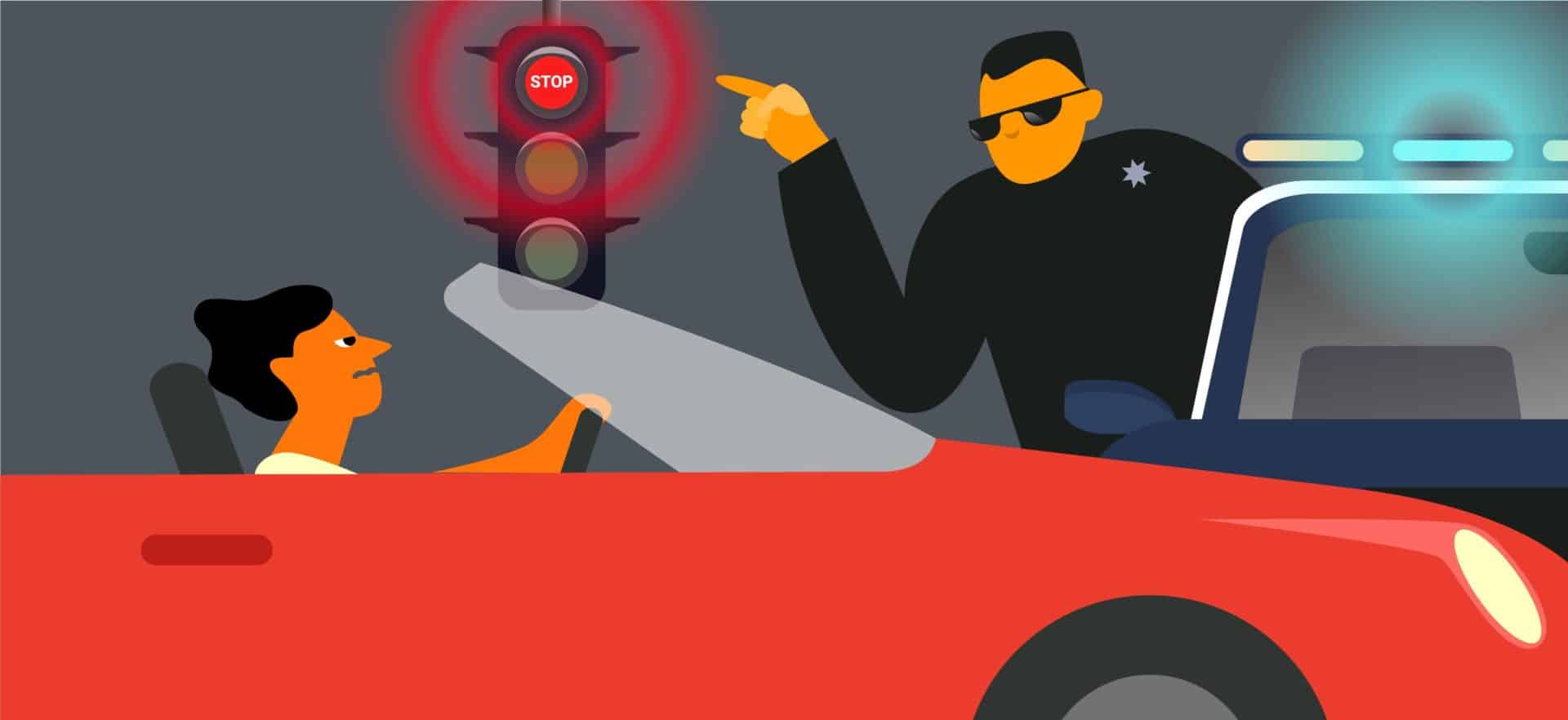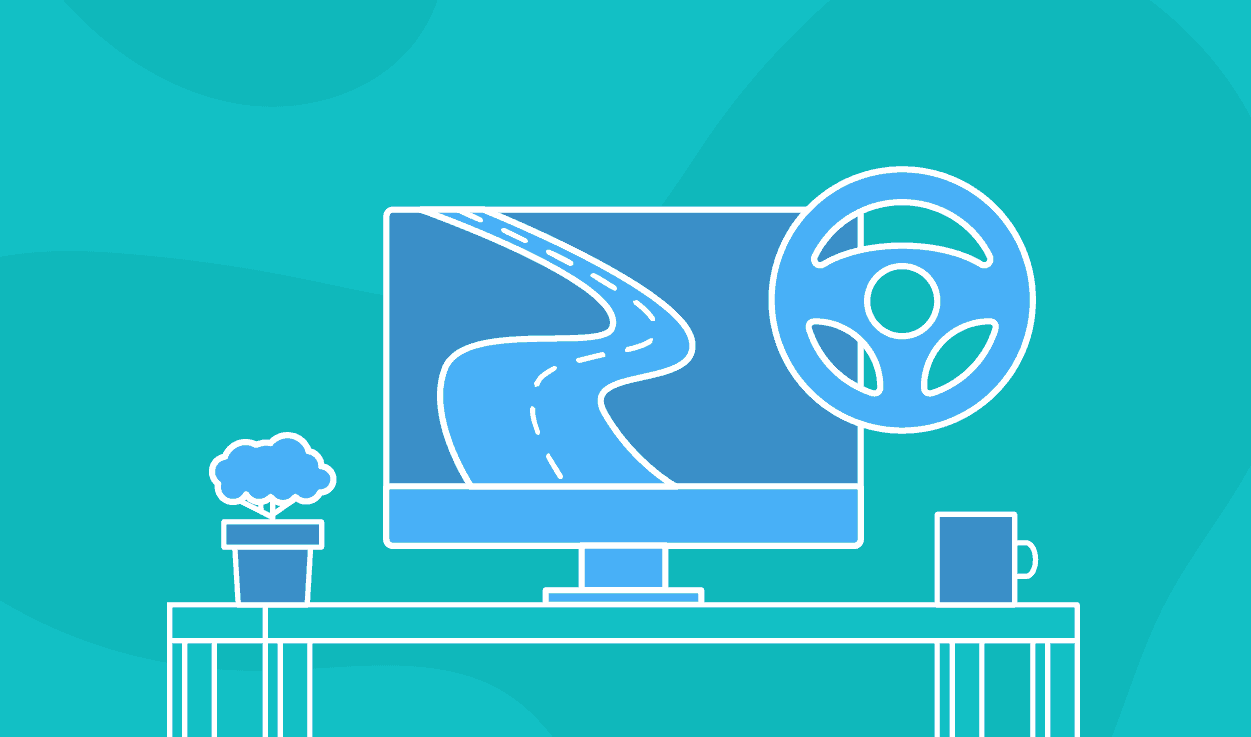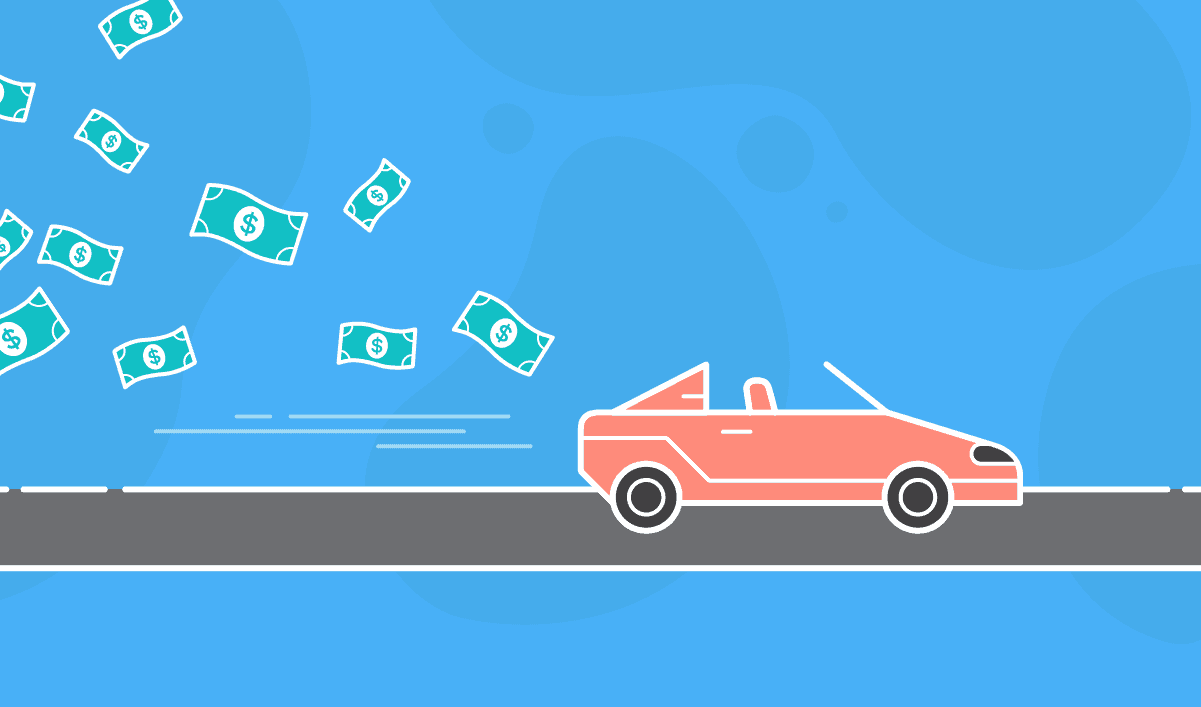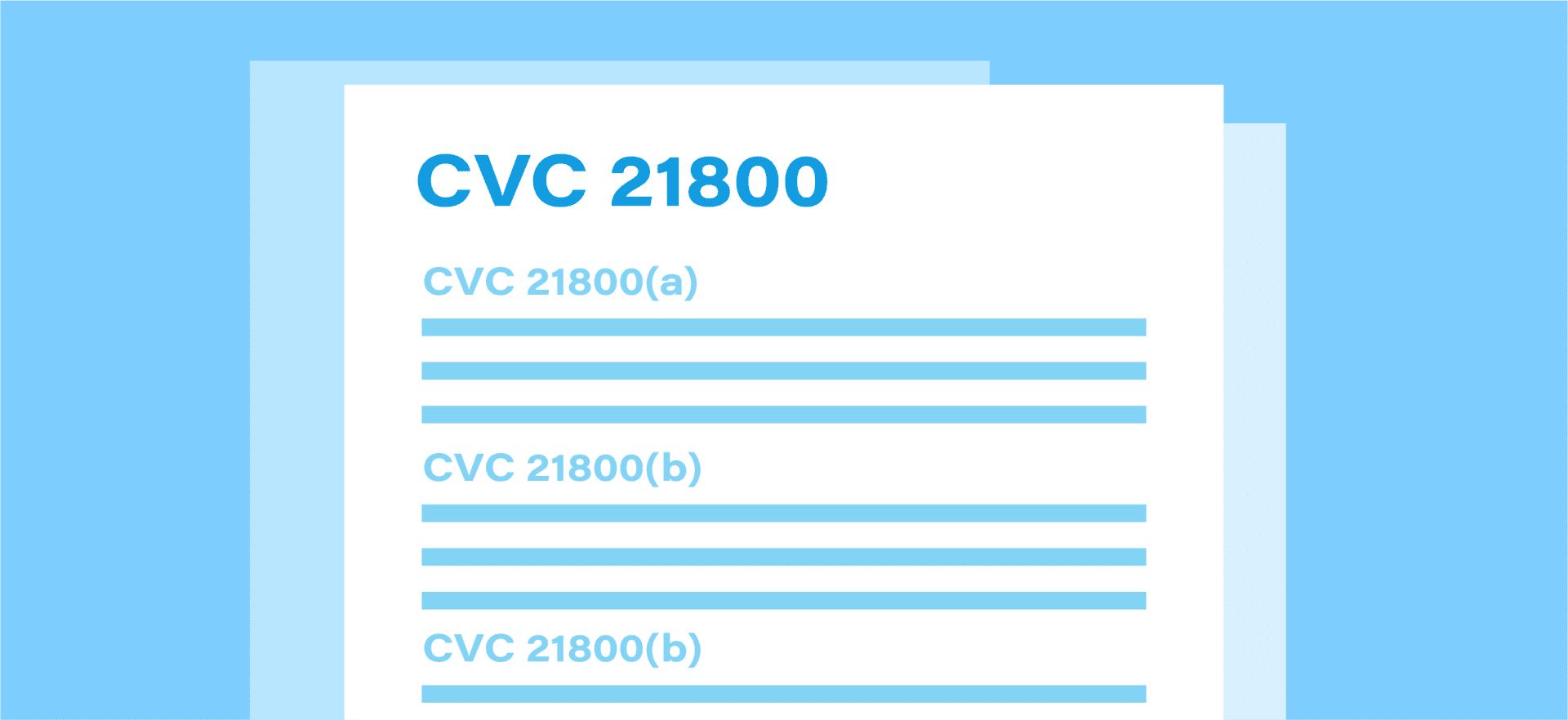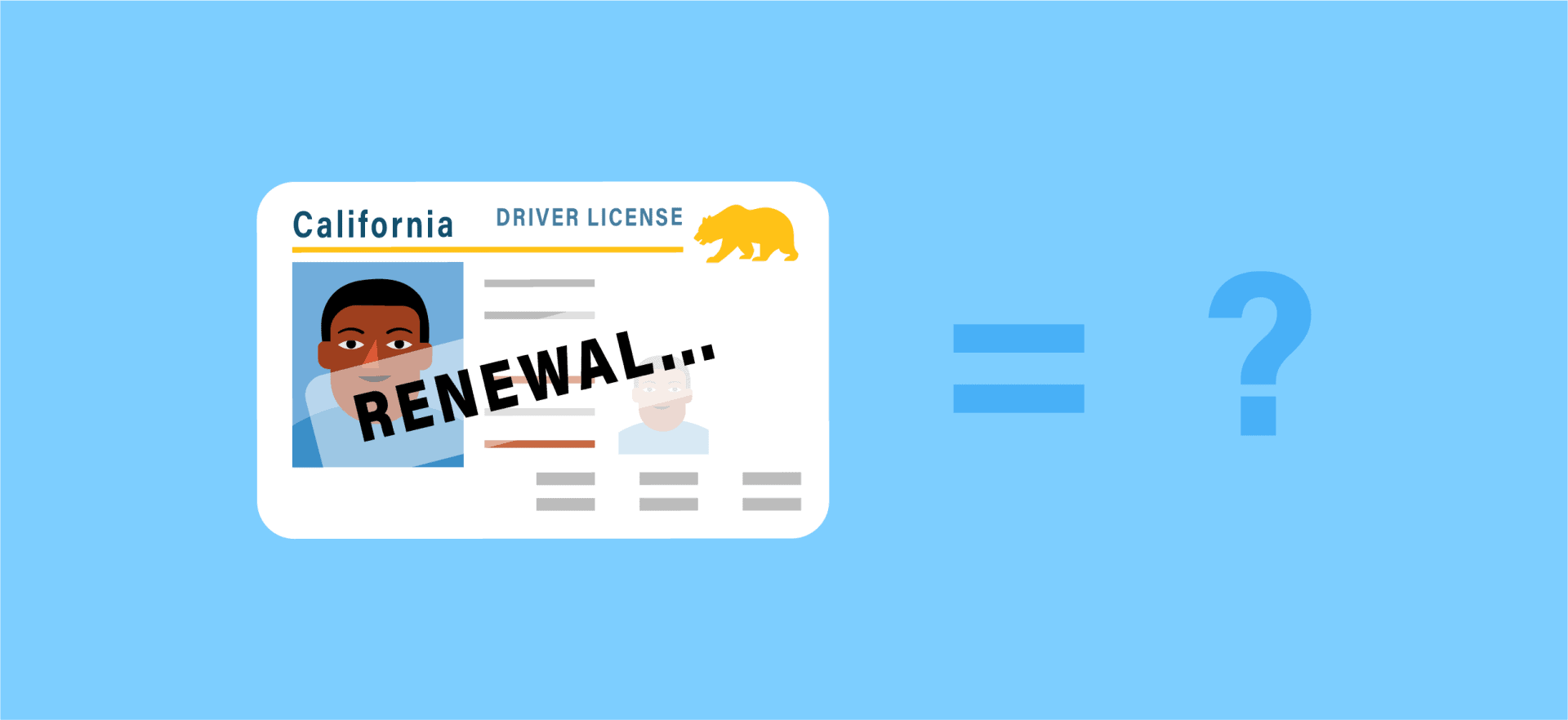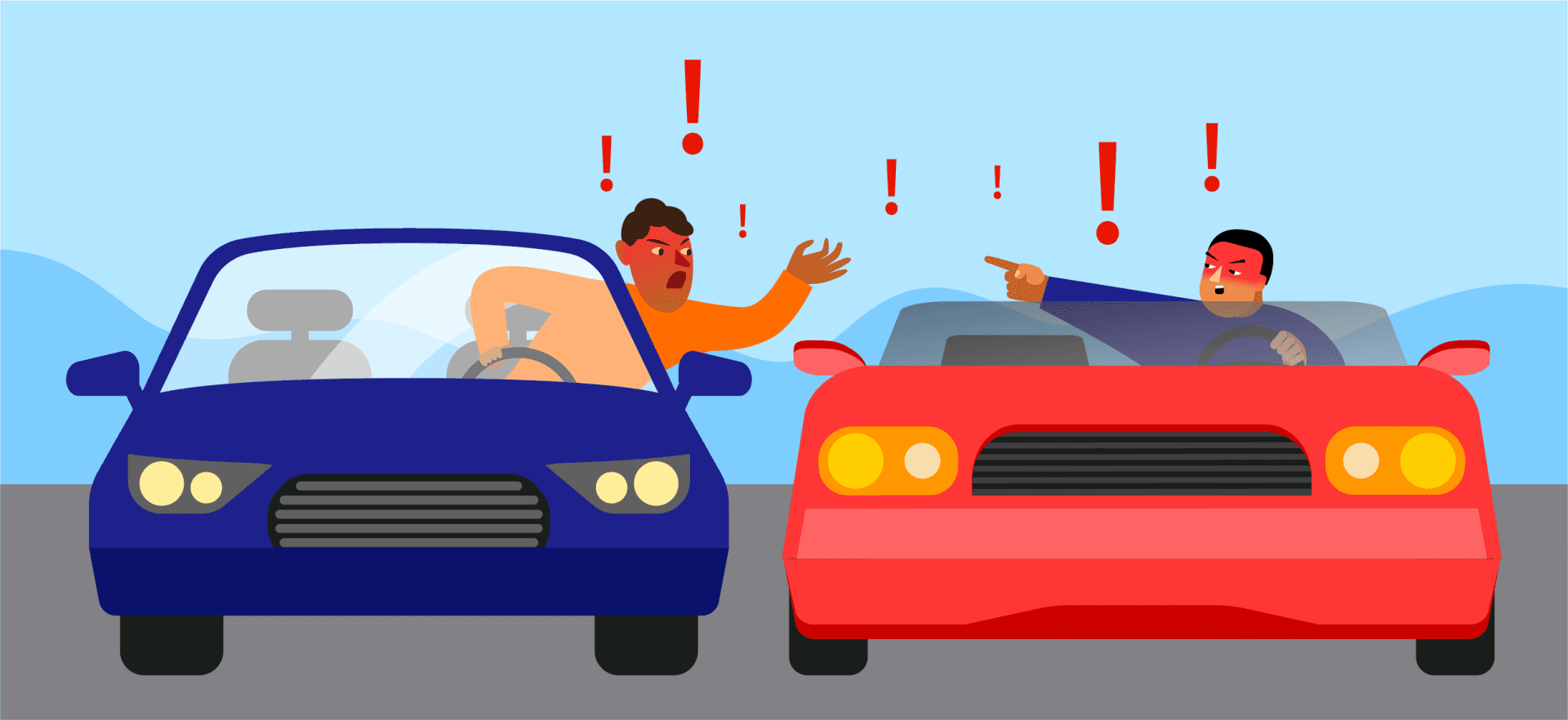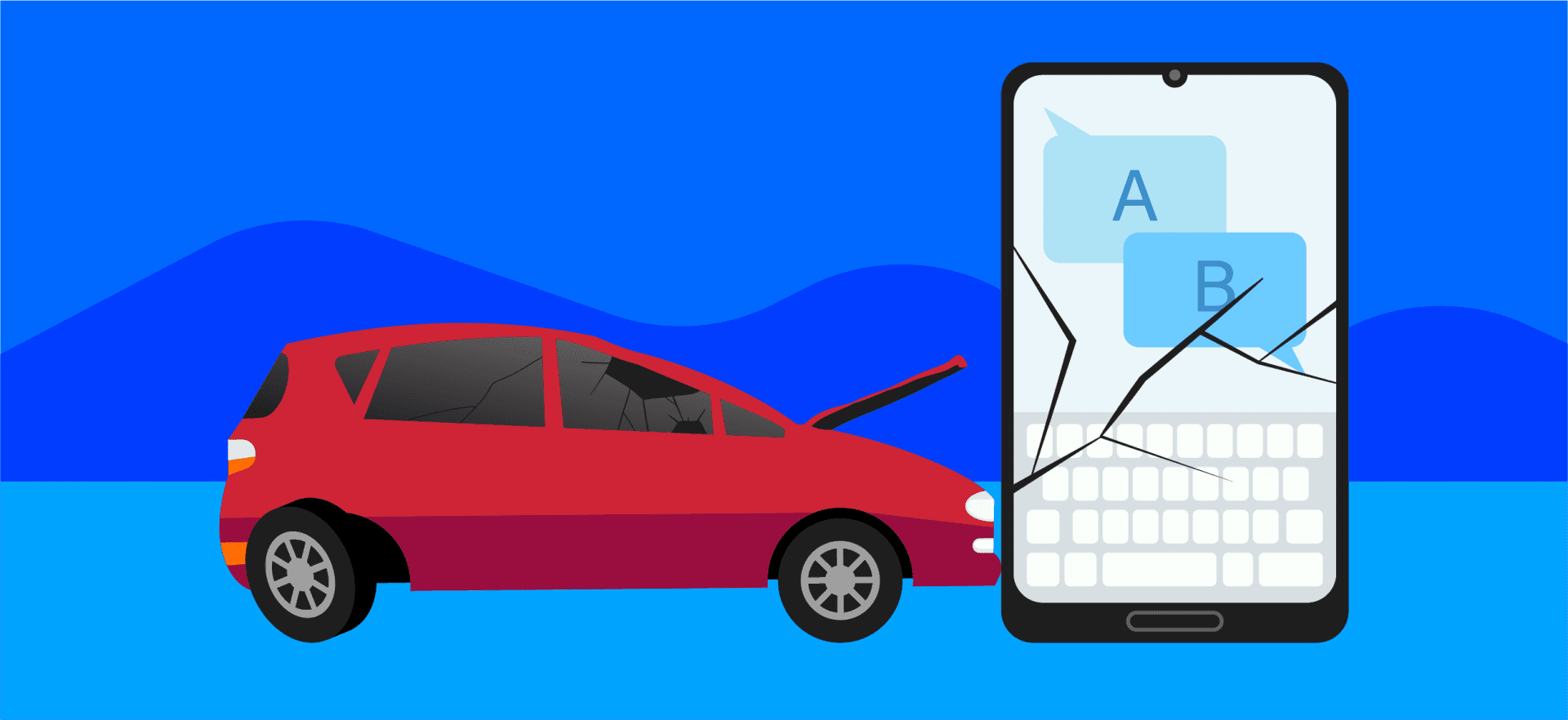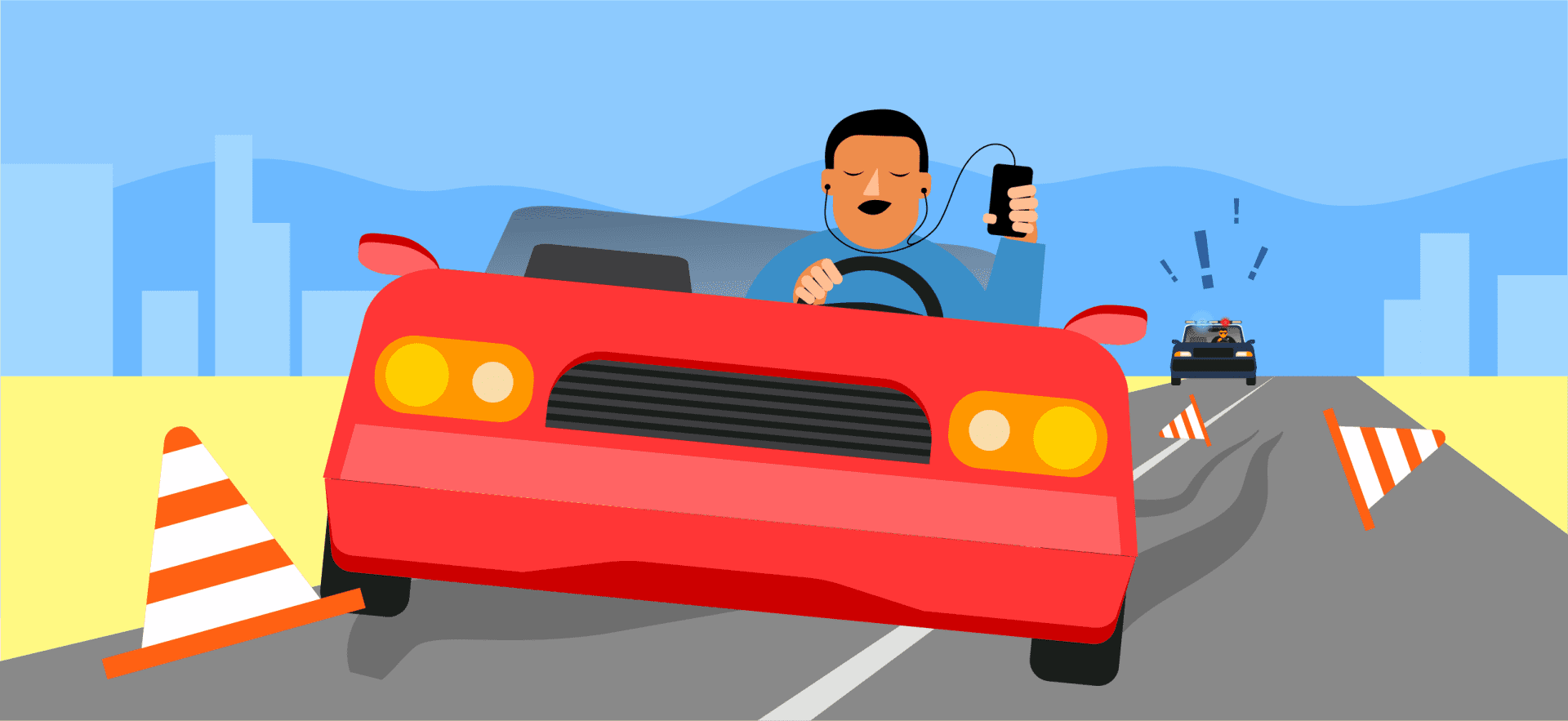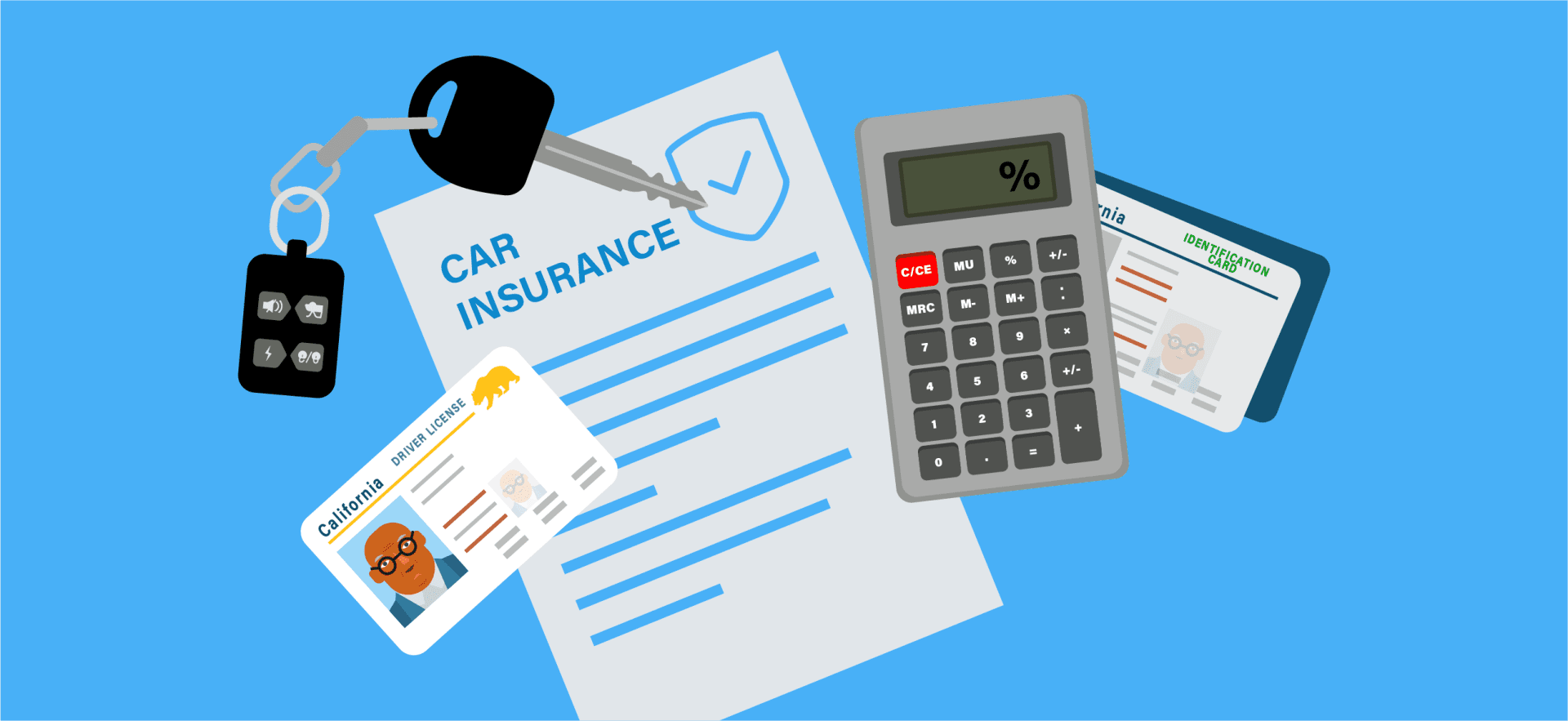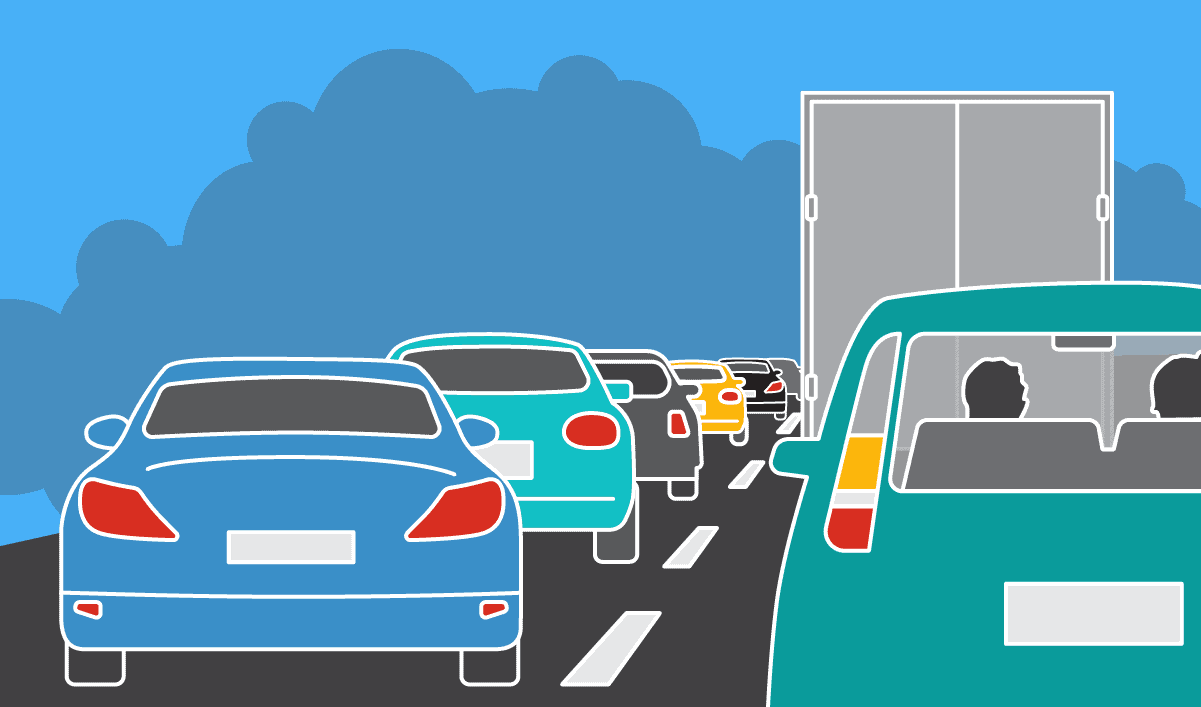The engine air filter, often referred to as the car air filter, plays a pivotal role in your vehicle’s performance. Acting as the guardian of your engine, it meticulously filters incoming air, ensuring only the purest air reaches the engine while keeping harmful debris, dirt, and dust at bay. Regularly replacing this filter is not just a simple maintenance task; it’s an affordable investment in the longevity and efficiency of your vehicle.
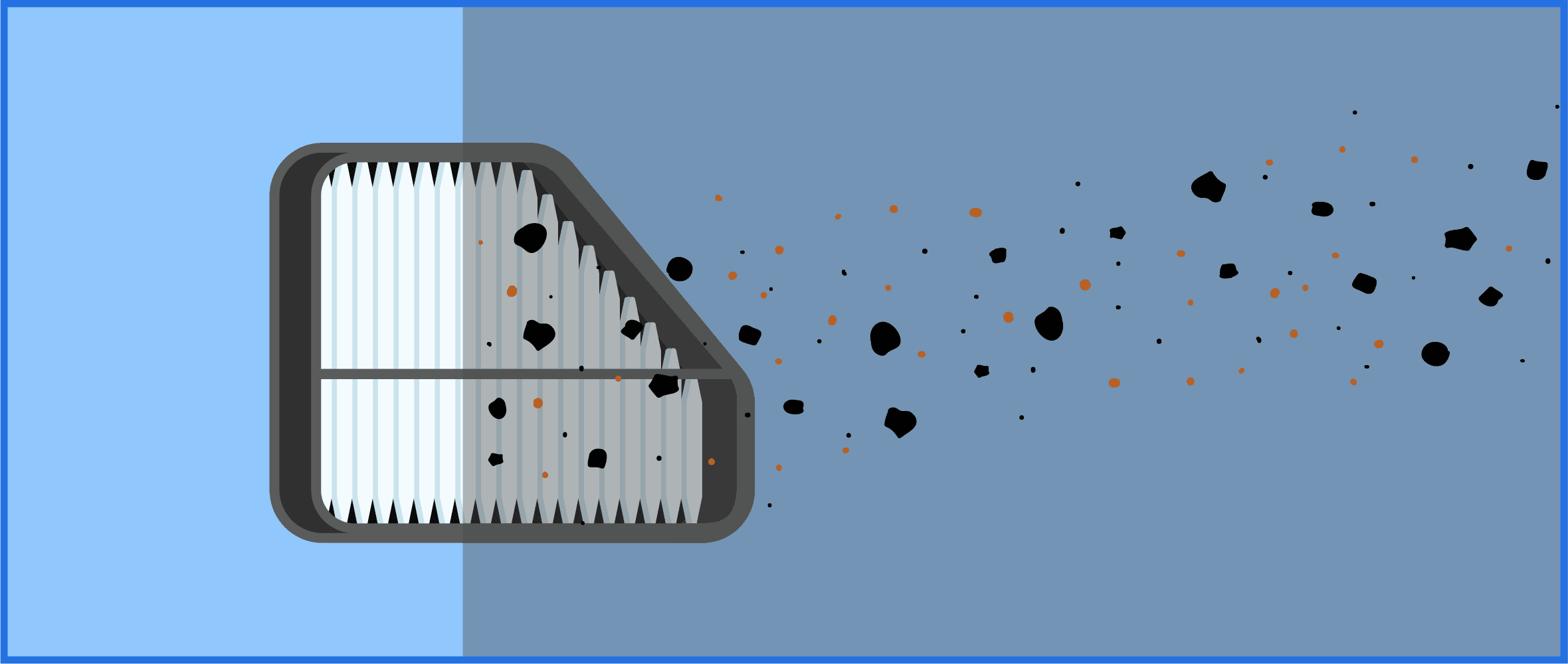
However, like any filter, its efficiency diminishes over time. A neglected air filter can become a bottleneck, clogging up with debris and compromising your engine’s health. This not only affects performance but can also lead to a myriad of avoidable issues. Wondering how often to replace it? Stay tuned as we delve deeper into this topic later in the article.
For related reading, check out our article on how to remove smoke smell from your car permanently.
What is a Car Air Filter?
A car air filter, often nestled under the hood in a rectangular or cylindrical enclosure, is a fundamental component of your vehicle’s intake system. Its primary role? To act as a protective barrier between the external environment and your engine.
What an Air Filter Does:
Imagine your engine as a high-performance athlete; just as an athlete requires clean air to breathe and perform optimally, so does your engine. The air filter ensures that the air pulled into the engine is free from harmful contaminants like dust, pollen, sand, and other particulates. As the engine combusts fuel to generate power, it requires a consistent supply of clean air to ensure efficient combustion and to prevent any potential damage. Without an air filter, these contaminants would enter the engine, leading to wear and tear, reduced performance, and even potential engine damage.
Importance of a Clean Engine Air Filter:
- Optimal Performance: A clean air filter ensures that your engine receives an unobstructed flow of clean air, which is crucial for optimal combustion. This results in better acceleration, fuel efficiency, and overall performance.
- Longevity of the Engine: By preventing harmful contaminants from entering the engine, a clean air filter reduces the risk of premature engine wear. This means fewer repairs and a longer lifespan for your vehicle.
- Improved Fuel Efficiency: A clogged air filter can reduce airflow to the engine, making it work harder and consume more fuel. By ensuring your air filter is clean, you can improve fuel efficiency by up to 10%.
- Environmental Benefits: A well-maintained air filter ensures complete and efficient combustion, reducing the amount of unburned fuel and thereby decreasing emissions.
- Cost Savings: Regularly replacing or cleaning your air filter can save you money in the long run. Not only does it improve fuel efficiency, but it also prevents costly engine repairs caused by contaminants.
When to Change Your Car Air Filter

Determining the right time to replace your car’s air filter is crucial for optimal engine performance. There are two primary methods to gauge when a replacement is due.
1. Time- and Mileage-Based Recommendations:
Your car’s manual is the first place to check for specific guidelines on air filter replacement intervals. If, for some reason, this information isn’t available or you’ve misplaced the manual, a general rule of thumb is to replace the air filter every 12,000 miles or every 12 months, whichever comes first. However, if you reside in a dusty environment, consider more frequent replacements to ensure your engine gets the clean air it needs.
2. The Light Test Method:
While a visual inspection can give you an idea of the filter’s condition, it’s not always the most reliable indicator. As noted by automobile experts at AAA, a lightly dusted filter can be more effective at trapping contaminants than a brand new one. So, how do you accurately gauge its condition?
For pleated paper filters, the light test is recommended. After removing the filter (refer to our step-by-step guide below), hold it up to a bright light source, like a 100-watt bulb. If light easily passes through more than half of the filter, it’s still serviceable. However, this test isn’t suitable for extended life engine air filters made of denser fabric. For these, unless visibly caked with dirt, it’s best to follow the vehicle manufacturer’s mileage-based recommendations.
3. Advanced Indicators:
Some vehicles, especially certain pickup trucks, come equipped with an engine air filter service indicator on the filter housing. This ingenious feature measures the air pressure drop across the filter. As the filter accumulates dirt and debris, this pressure drop increases. Once it hits a certain threshold indicating restricted airflow, the indicator signals that it’s time for a change.
In conclusion, while there are general guidelines, the frequency of air filter changes can vary based on driving conditions, the type of filter, and specific vehicle recommendations. Regular checks and timely replacements ensure your engine remains in peak condition, offering optimal performance and longevity.
Signs Your Air Filter Needs Replacement:
- Decreased Fuel Efficiency: If you notice your car consuming more fuel than usual, a clogged air filter might be the culprit. Restricted airflow can make the engine work harder, using more fuel in the process.
- Misfiring Engine: A dirty air filter can lead to spark plugs getting fouled with unburned fuel, causing the engine to misfire.
- Unusual Engine Sounds: When idling, the engine should sound smooth. A clogged filter can cause the engine to produce a coughing or sputtering noise.
- Reduced Horsepower: If you feel your car doesn’t accelerate as it used to, it might be due to reduced airflow from a dirty filter.
- Black Smoke from the Exhaust: This indicates incomplete combustion, which can be caused by a clogged air filter restricting the air needed for fuel to burn efficiently.
A Comprehensive Guide to Changing Your Car’s Air Filter
Changing your car’s air filter is an essential maintenance task that can significantly impact your vehicle’s performance. Here’s a detailed step-by-step guide to ensure you get it right.
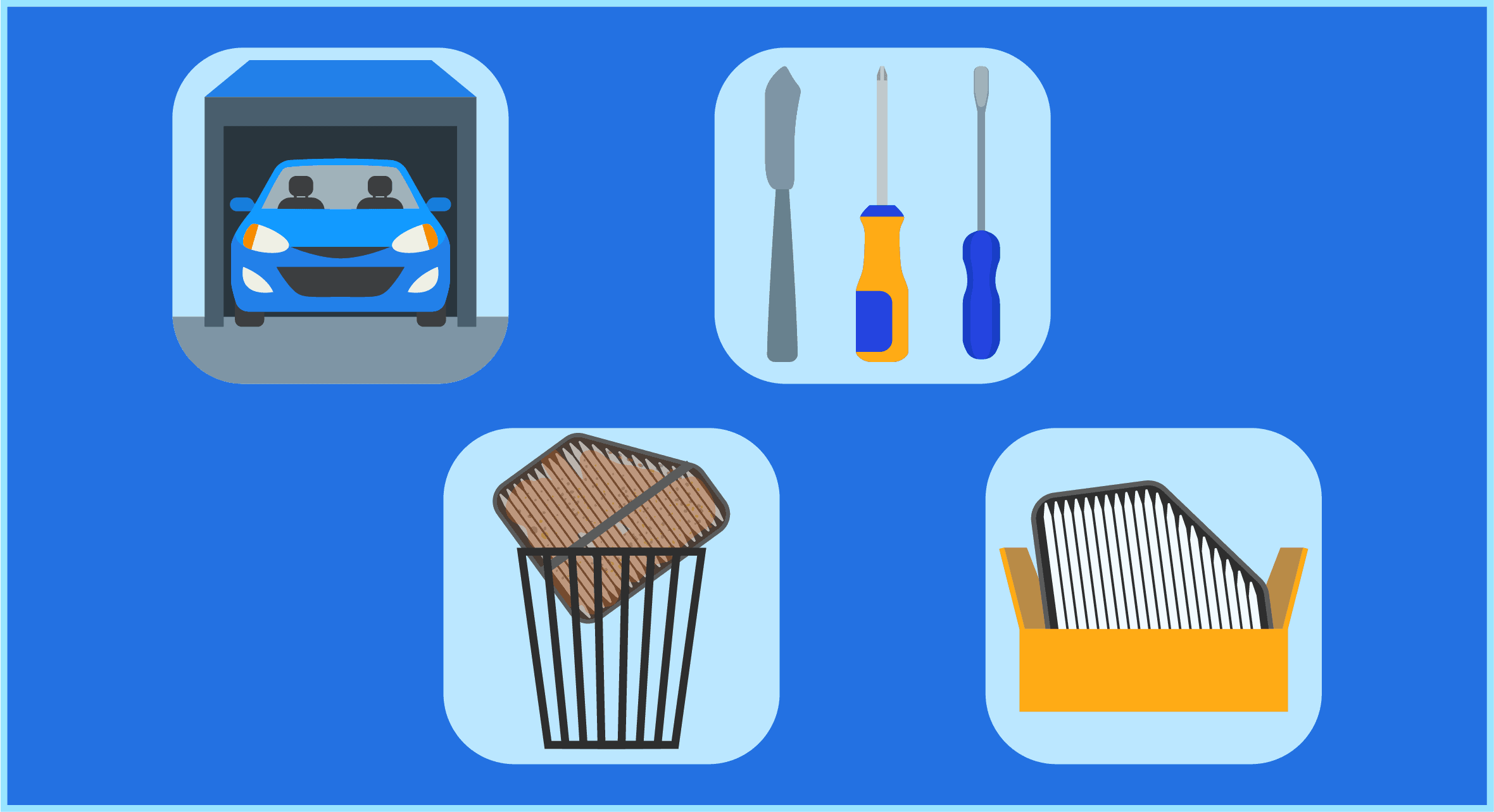
1. Preparing Your Workspace
- Location: Park your vehicle in a flat, dry, and preferably shaded spot. This ensures safety and comfort while you work.
- Safety First: After opening the hood, allow the engine to cool for a few minutes to prevent any accidental burns.
2. Gathering Essential Tools
Depending on your vehicle’s make and model, you’ll typically need:
- A butter knife or flat-head screwdriver for prying open clips.
- Both standard and Phillips screwdrivers.
- A new engine air filter for replacement.
3. Locating the Air Filter
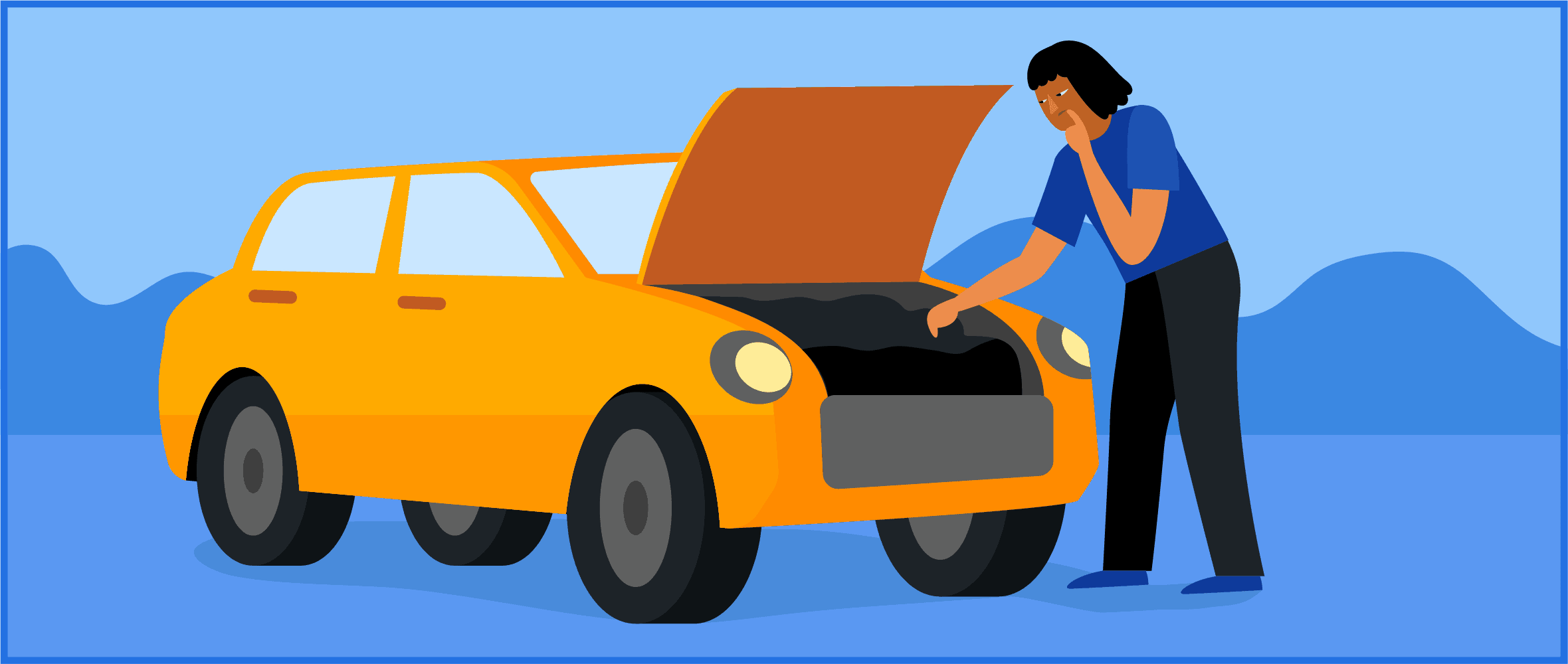
The air filter is generally housed inside a black plastic casing. While its position might vary, it’s often centrally located or to one side of the engine. Look for the largest non-metallic component under the hood.
4. Accessing the Air Filter
Opening the air filter housing can differ based on its design:
- Metal Clamps: Can usually be unclipped by hand.
- Metal Clips: Use a flat-head screwdriver or butter knife to pry them open.
- Screws: Depending on the type, use the appropriate screwdriver.
- Circular Housing: Some older vehicles have a circular metal casing, typically opened by unscrewing a single wing nut.
5. Assessing the Old Filter
With the housing open, carefully examine the old filter. Note its orientation for when you place the new filter. While it might appear dirty, a light dusting can actually enhance its filtering capability. For a more accurate assessment, use the light test: hold the filter up to a bright light source. If light easily passes through more than half of it, it’s still serviceable
6. Installing the New Replacement Air Filter
Before closing the hood, ensure everything is securely fastened and that no tools are left inside. Start the engine to confirm everything runs smoothly.
By regularly changing your air filter, you ensure better fuel efficiency, reduced emissions, and a longer engine life. It’s a simple task that offers significant benefits for your vehicle’s performance and longevity.
How Much Does It Cost to Replace An Engine Air Filter?
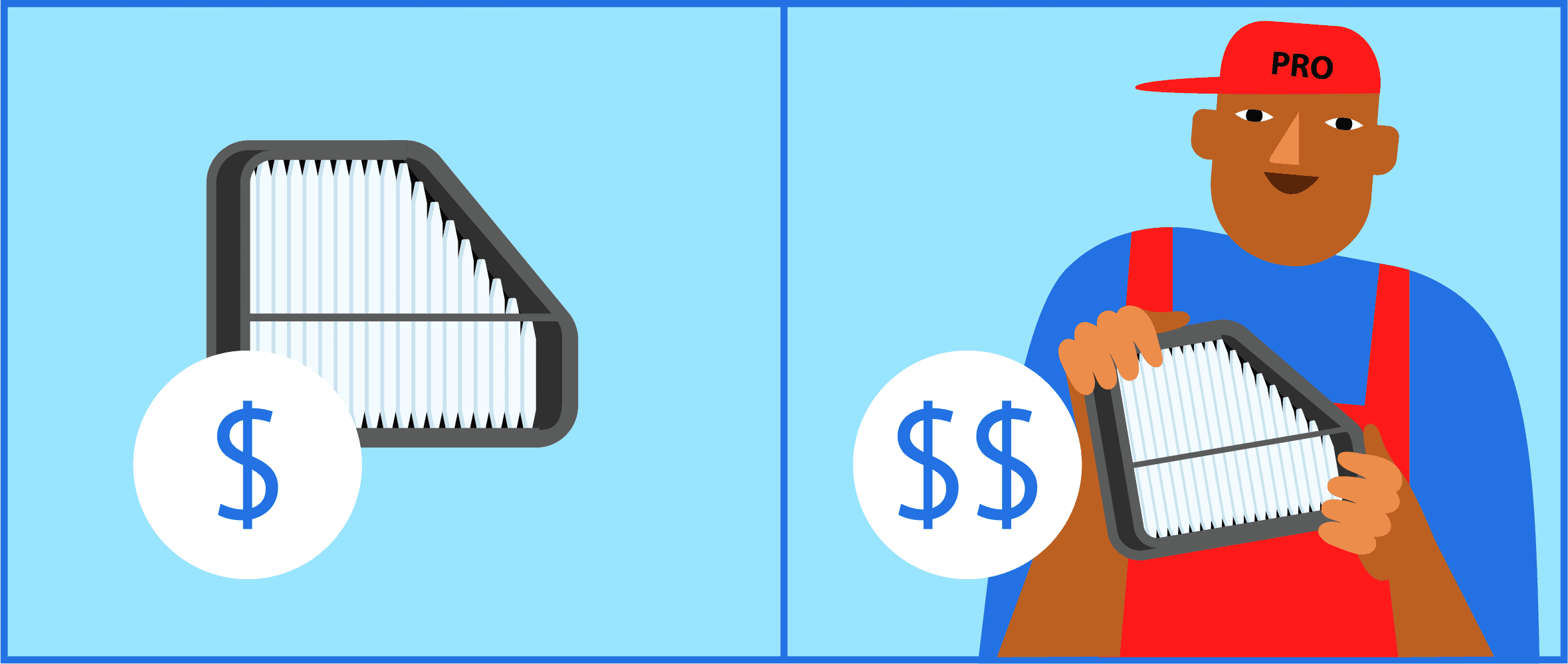
When it comes to vehicle maintenance, understanding the associated costs can help you make informed decisions. One such routine task is the replacement of the engine air filter. Here’s a breakdown of the expenses you might encounter.
1. Cost of the Air Filter
The price of engine air filters typically ranges from $10 to $13. However, this can fluctuate based on your vehicle’s make and model, as well as the specific type of air filter it requires.
2. Professional Replacement vs. DIY
Opting for a professional mechanic to handle the replacement might set you back around $20 to $25. This fee encompasses both the filter’s cost and the labor involved. Given that this is a straightforward task requiring no specialized tools, many vehicle owners choose the DIY route. By doing so, you stand to save approximately $10 to $15 per filter change.
3. Budgeting for Replacement
Considering the average lifespan of an engine air filter is between 12,000 to 15,000 miles, and factoring in the costs mentioned above, you can anticipate and budget for this expense either annually or based on your driving habits.
While the costs associated with engine air filter replacement might seem minimal, they can add up over time. By understanding these expenses and considering the DIY approach, you can ensure optimal vehicle performance while also saving on maintenance costs.
The Best Engine Air Filters to Buy
Ready to purchase a new air filter for your car? One of the easiest ways to find the brands of air filters that will be compatible with your car’s make and model is by using Amazon’s “Filter by your vehicle” feature. You’ll be presented with only products that will work with your specific type of car, saving you the hassle of researching individual products to see if they’ll be the right fit. It’s a majorly valuable tool!
1. K&N Engine Air Filter: High Performance, Washable, Replacement Filter
This brand of air filter is a standout because it uses oiled cotton gauze filter media, as opposed to more commonly used materials like synthetic fiber or cellulose. Interestingly, K&N filters can also be washed and re-oiled rather than disposed of when they fill up with debris. The brand itself has existed for more than half a century and has a reputation for quality. Although you’ll pay more up front for their products than you likely will for most other brands, the long-term savings are absolutely worth it.
2. Fram Engine Air Filters
FRAM automotive replacement engine filter provides 2x the protection compared to standard filters for up to 12,000 miles.
You might want to choose these engine air filters if you’re looking for products that are quite affordable while also providing quality and reliability. Depending on which product you buy, Fram’s filters are made of synthetic fiber or pleated cellulose, which are the most widely-used materials for filter media. The warranty period for their filters is equal to the factory-recommended air filter service interval for your particular vehicle make and model.
3. WIX Filters – 49065 Air Filter Panel
- Low air flow restriction
- Pleated paper filter
- Highly durable and reliable
WIX is another brand that comes highly recommended by automobile experts. One of the features that makes WIX engine air filters superior to other options is the fact that they have more pleats than almost any other brand on the market. With more pleats, they’re able to filter more effectively, helping preserve your car’s engine and maximizing your vehicle’s overall performance as well as its efficiency.
Cleaning vs. Replacing an Air Filter
Maintaining your car’s engine air filter is not just about replacing it. There are other nuances to consider that can help prolong the life of your filter and ensure your engine runs efficiently. Here’s a deeper dive into some additional insights:
Cleaning
- When to Clean: Not all air filters need to be replaced immediately when they get dirty. Some can be cleaned a few times before a replacement is necessary. This is especially true for certain reusable filters made of fabric or foam.
- How to Clean: Use a soft brush to gently remove loose debris. For deeper cleaning, there are specific air filter cleaning solutions available in the market. Ensure the filter is completely dry before reinstalling.
- Benefits: Cleaning can extend the life of your filter, saving you money in the short term. It’s also an eco-friendly option as it reduces waste.
- Limitations: Over time, even with cleaning, the filter’s efficiency can decrease. It’s essential to monitor its condition and know when a replacement is due.
Replacing
- When to Replace: If the filter is visibly damaged, clogged even after cleaning, or if it fails the light test, it’s time for a replacement. Also, paper filters are typically not designed for cleaning and should be replaced when dirty.
- Benefits: A new filter ensures optimal airflow and filtration, ensuring your engine performs at its best. It reduces the risk of contaminants entering the engine.
- Limitations: While replacing ensures peak performance, it’s an added cost and can contribute to environmental waste if not disposed of properly.

